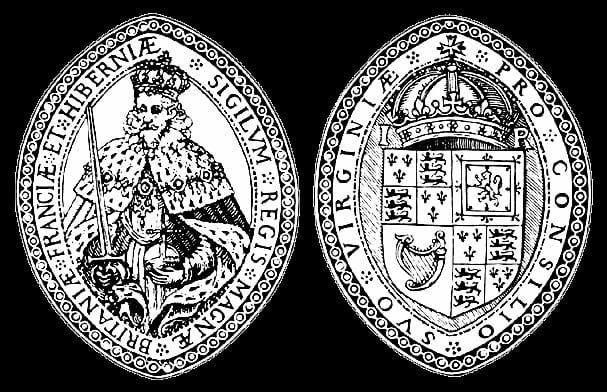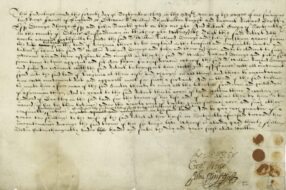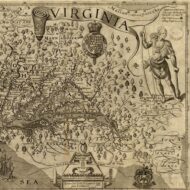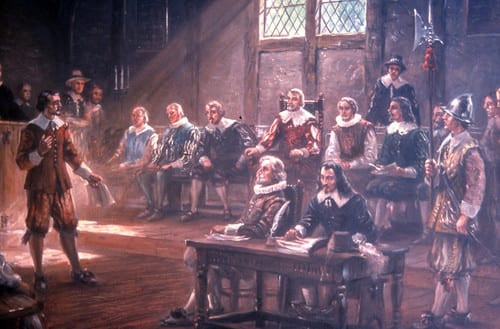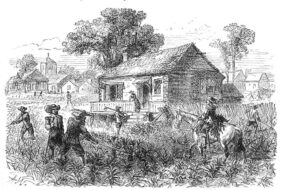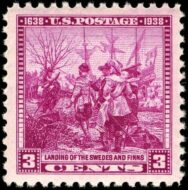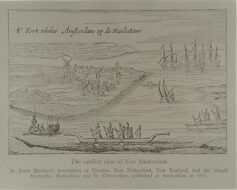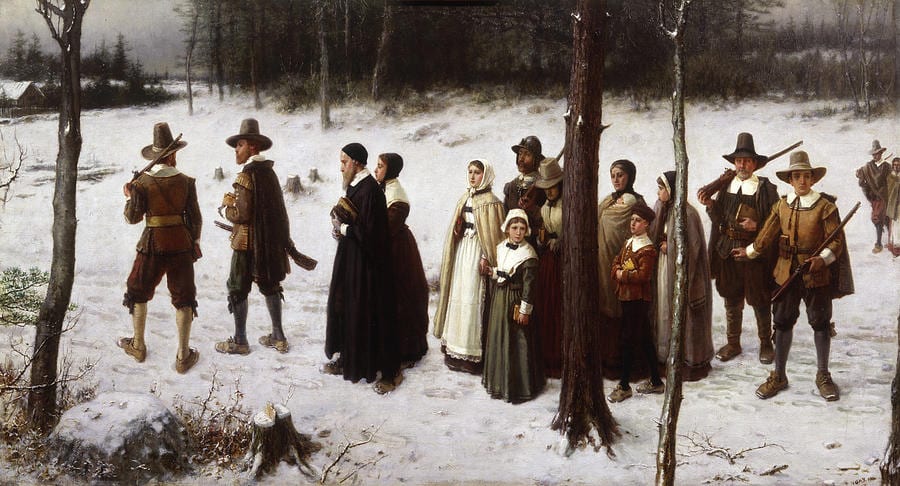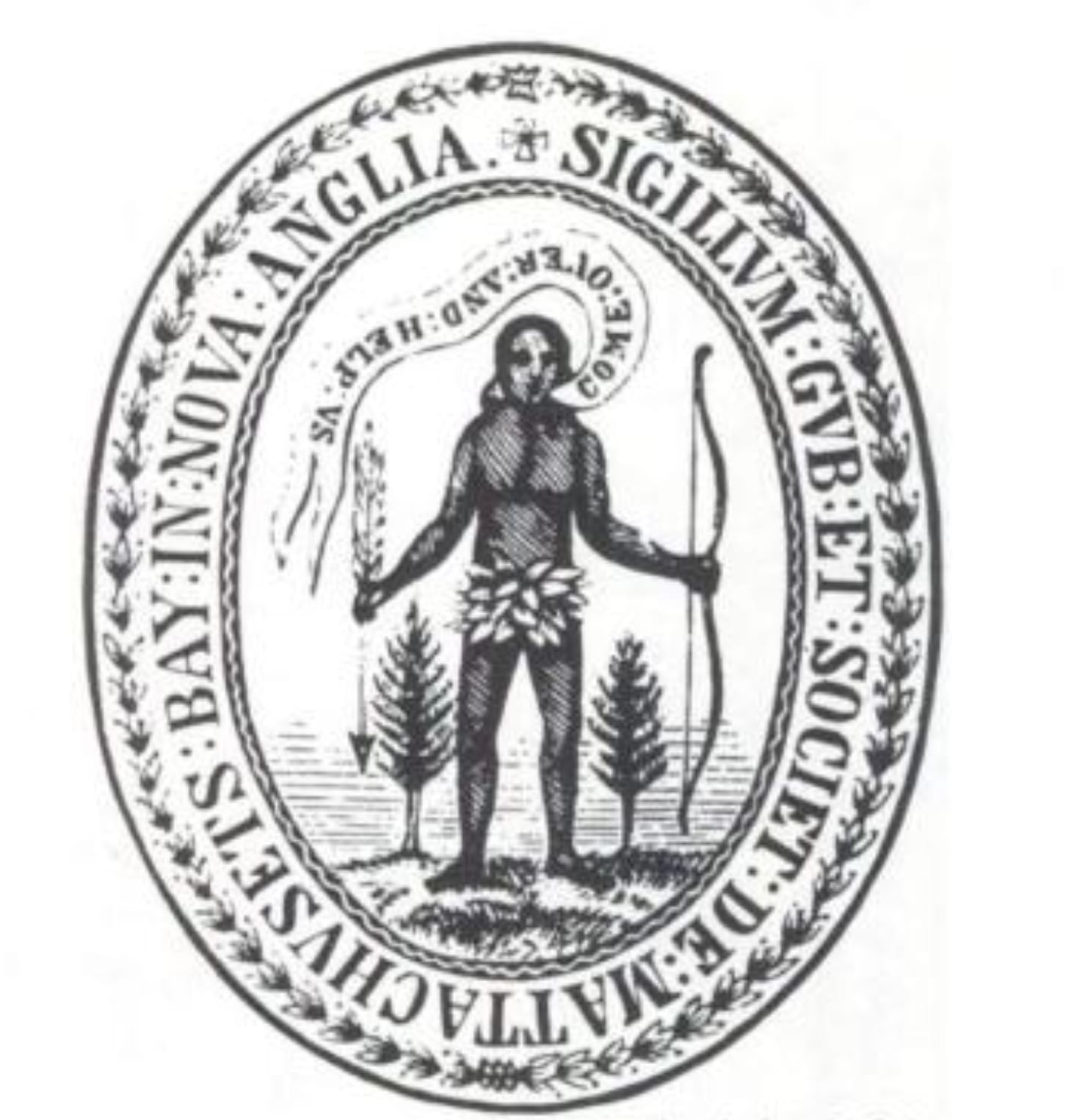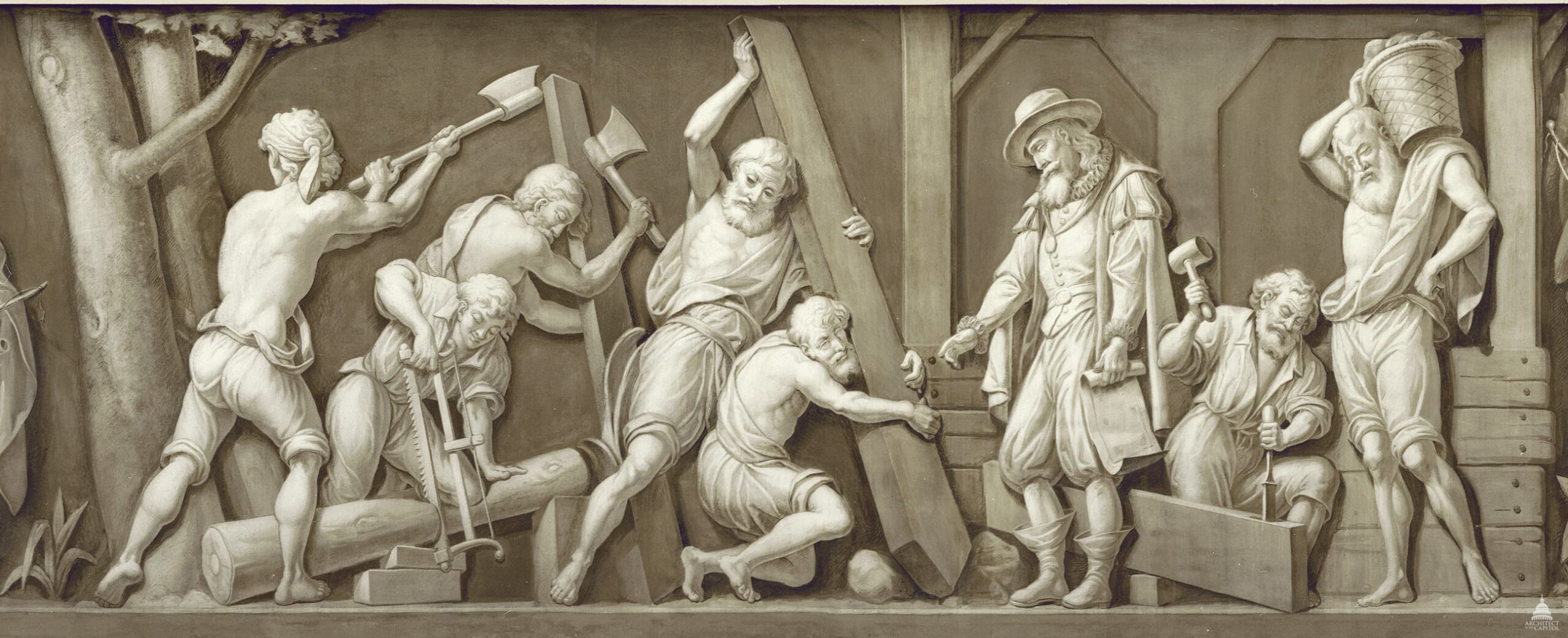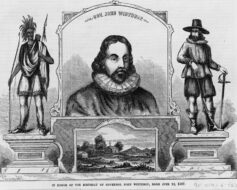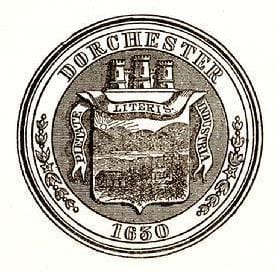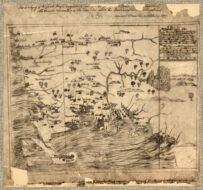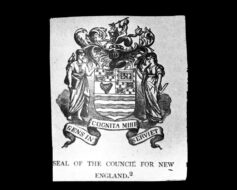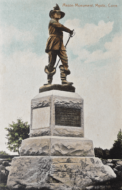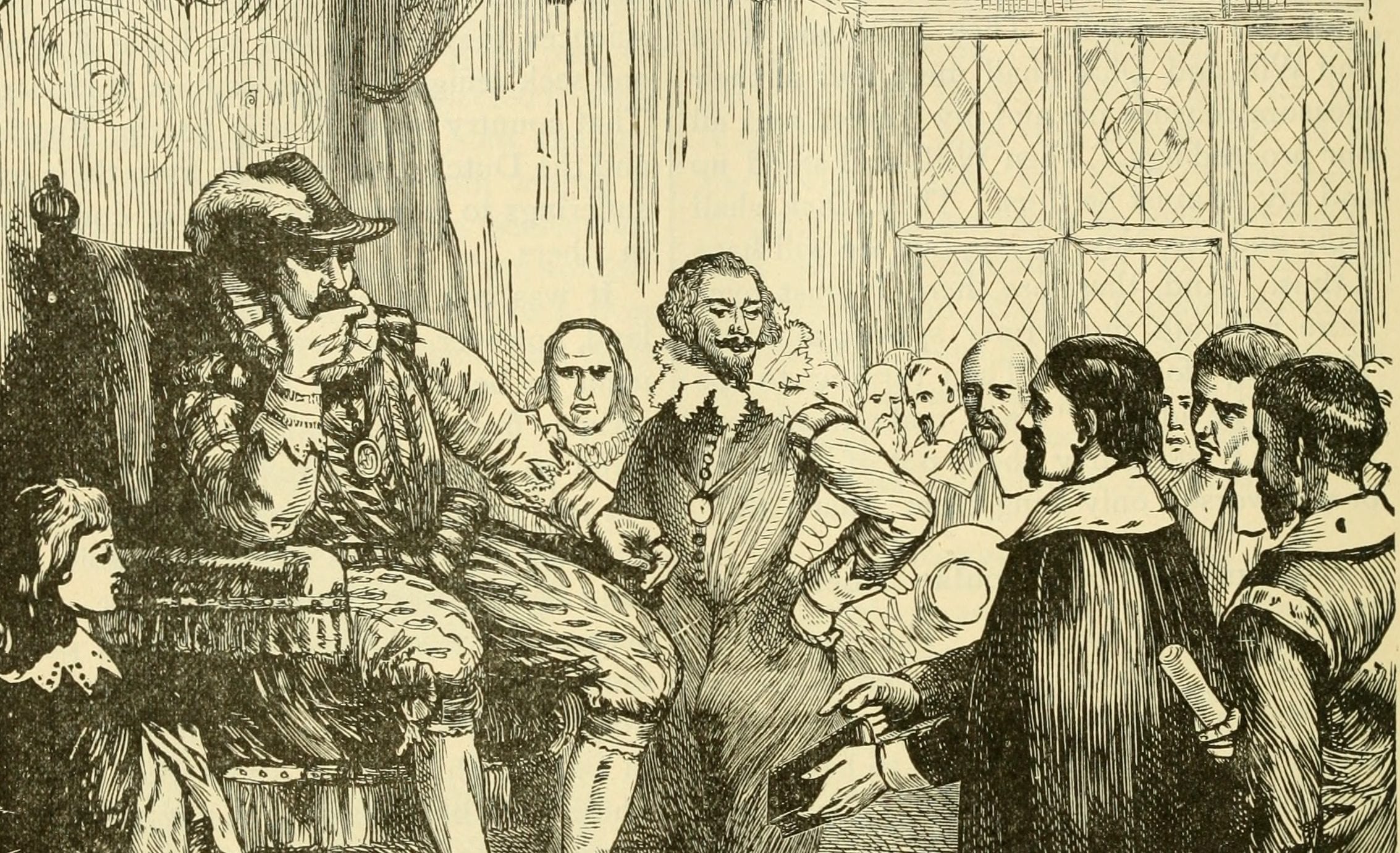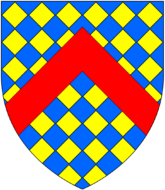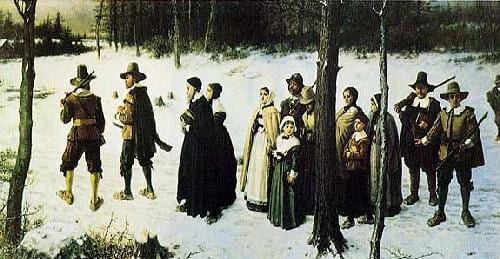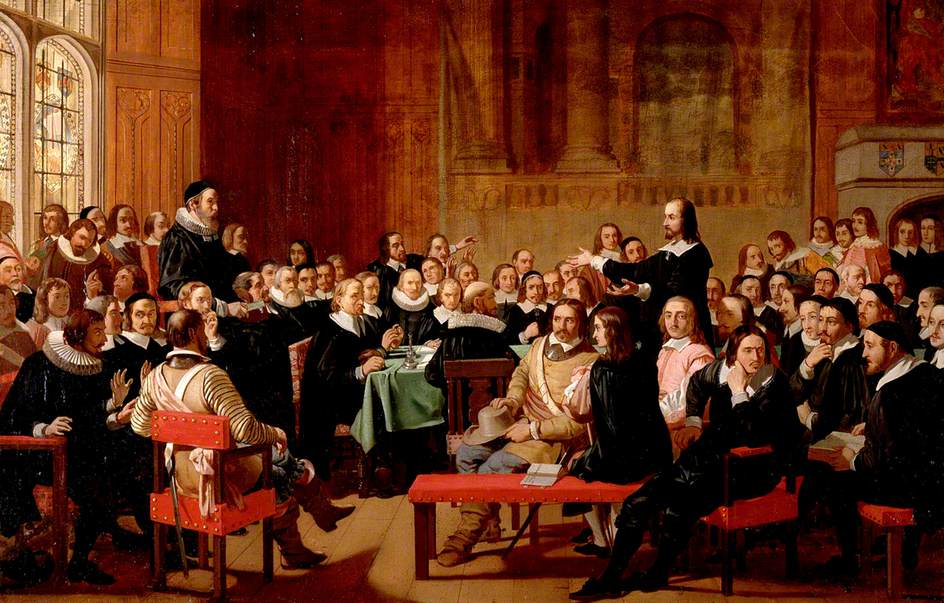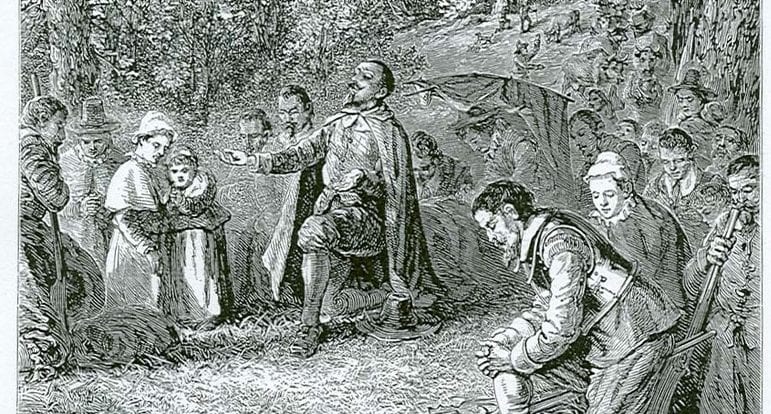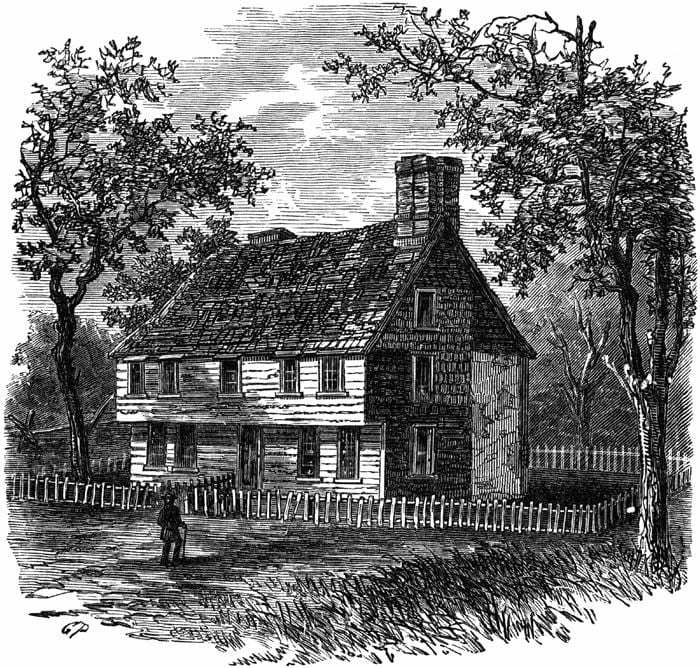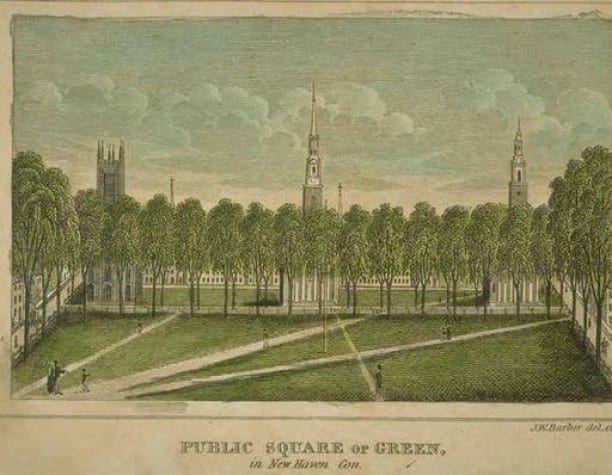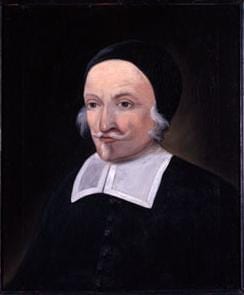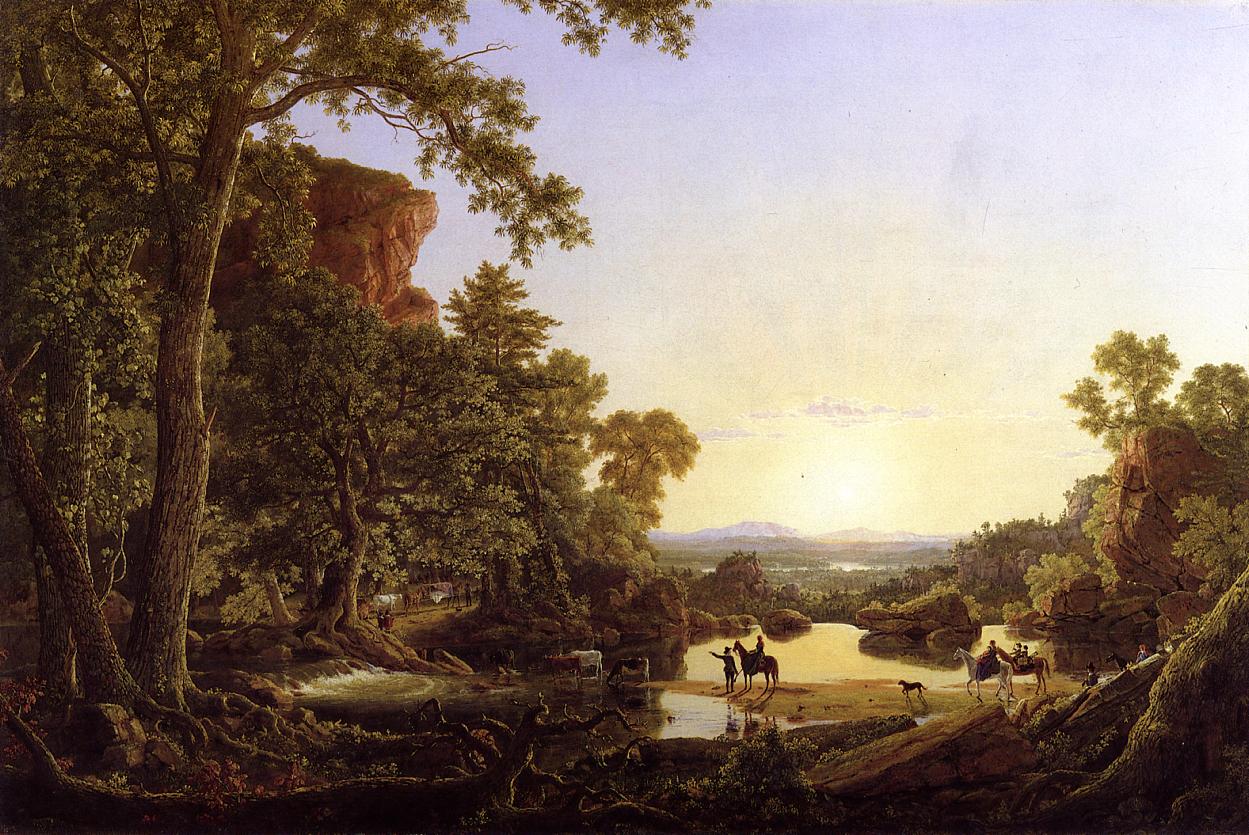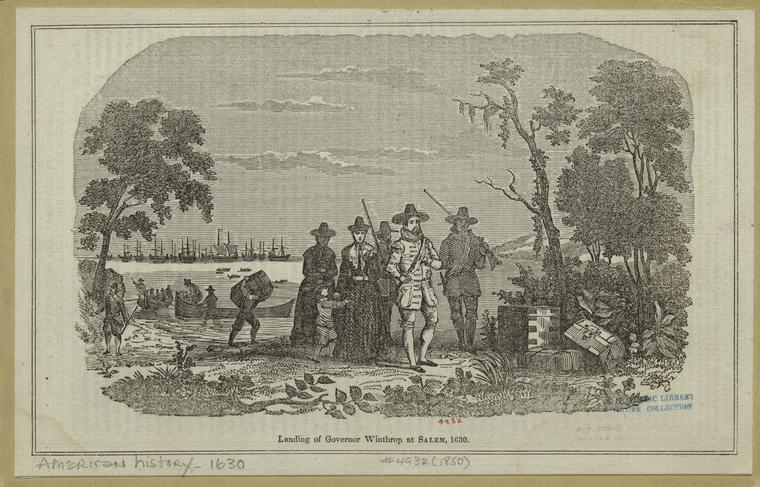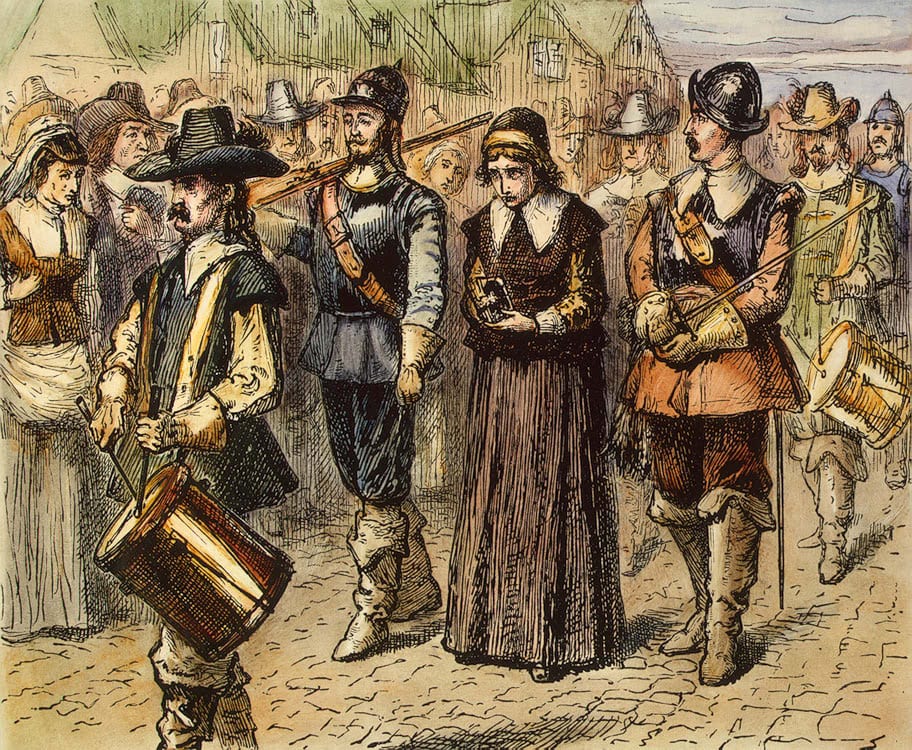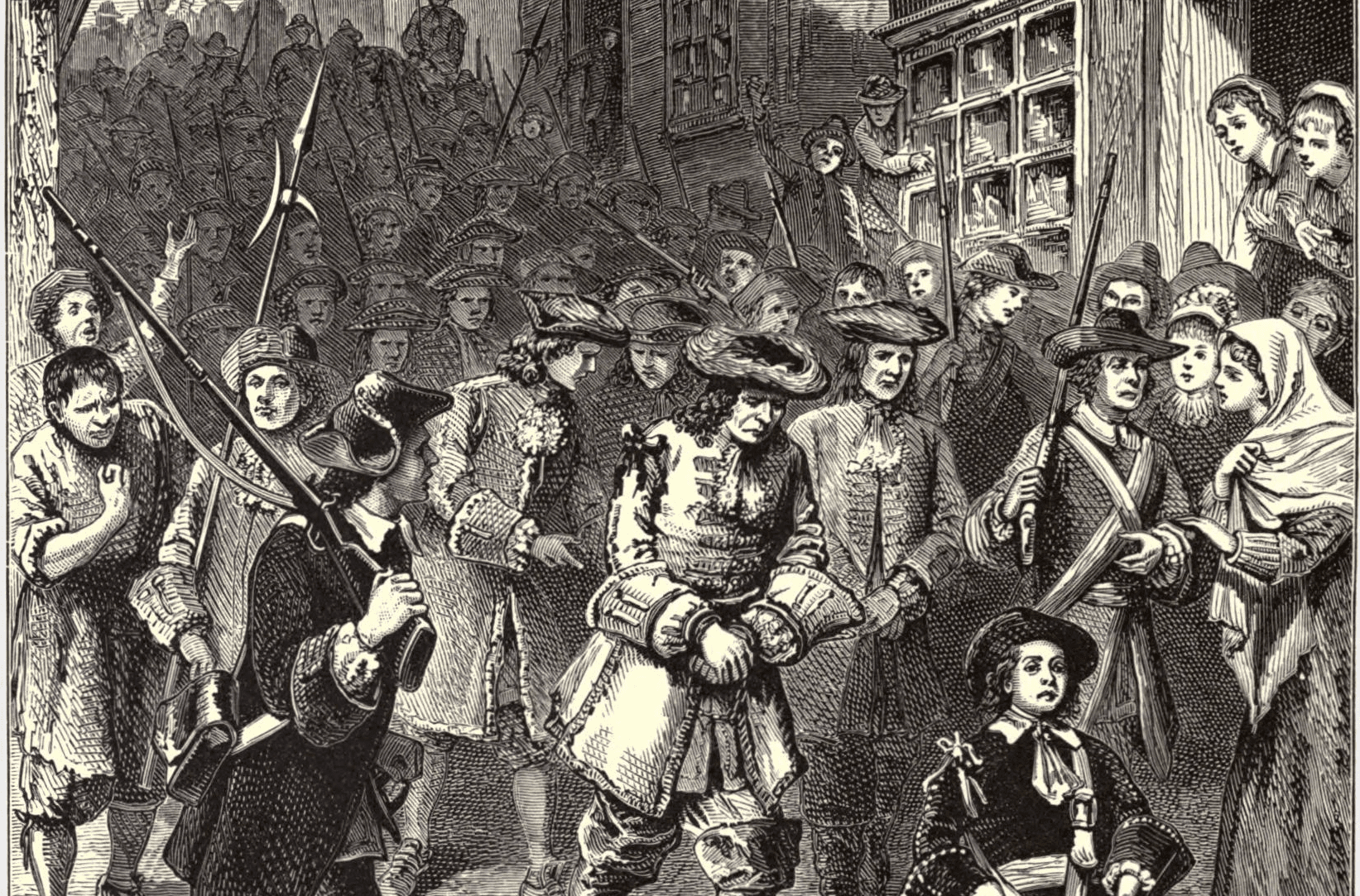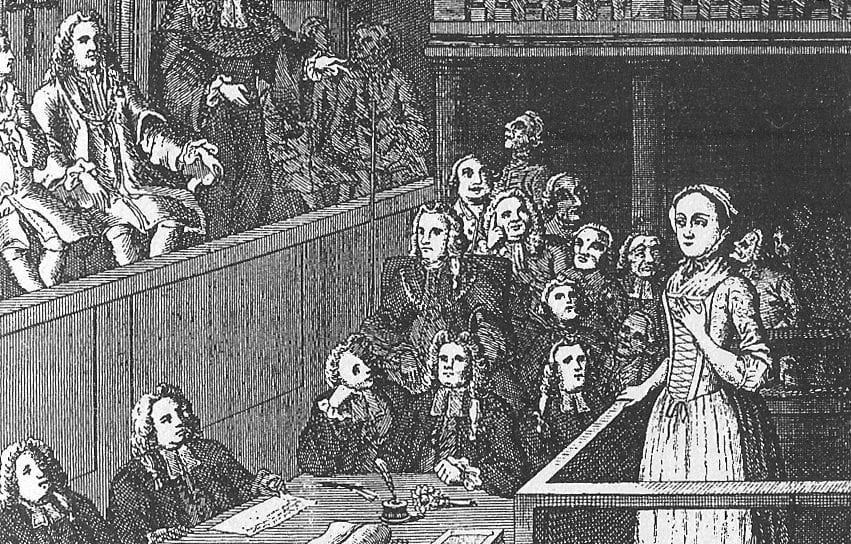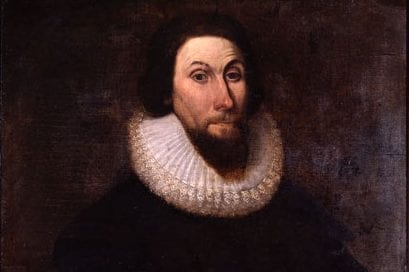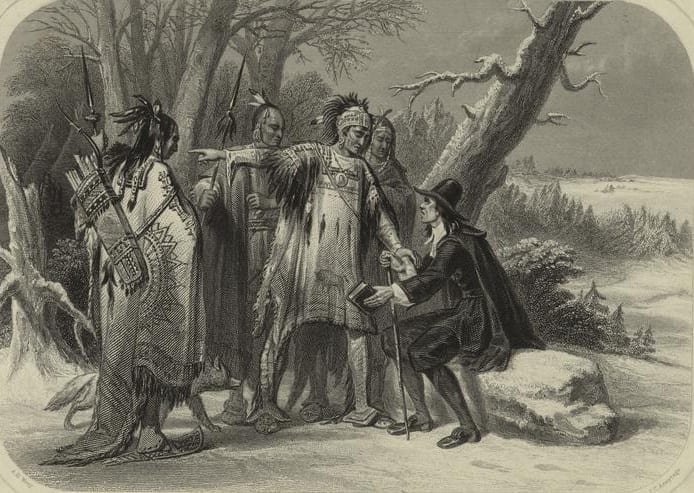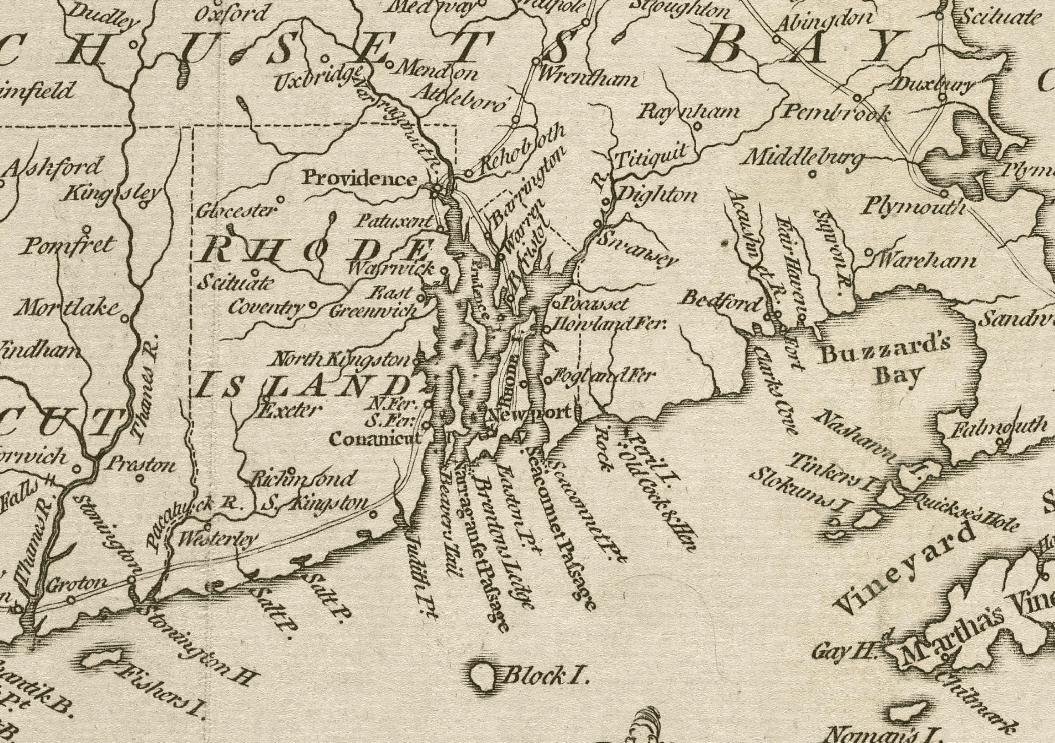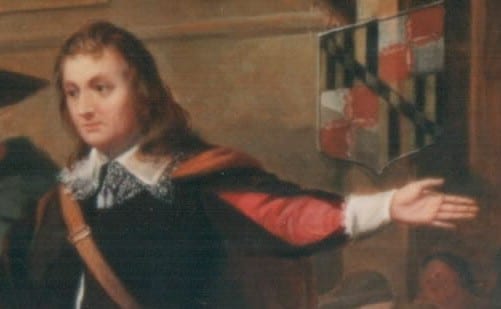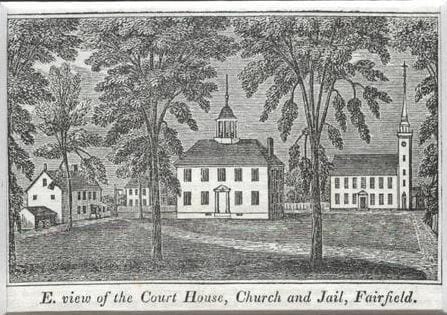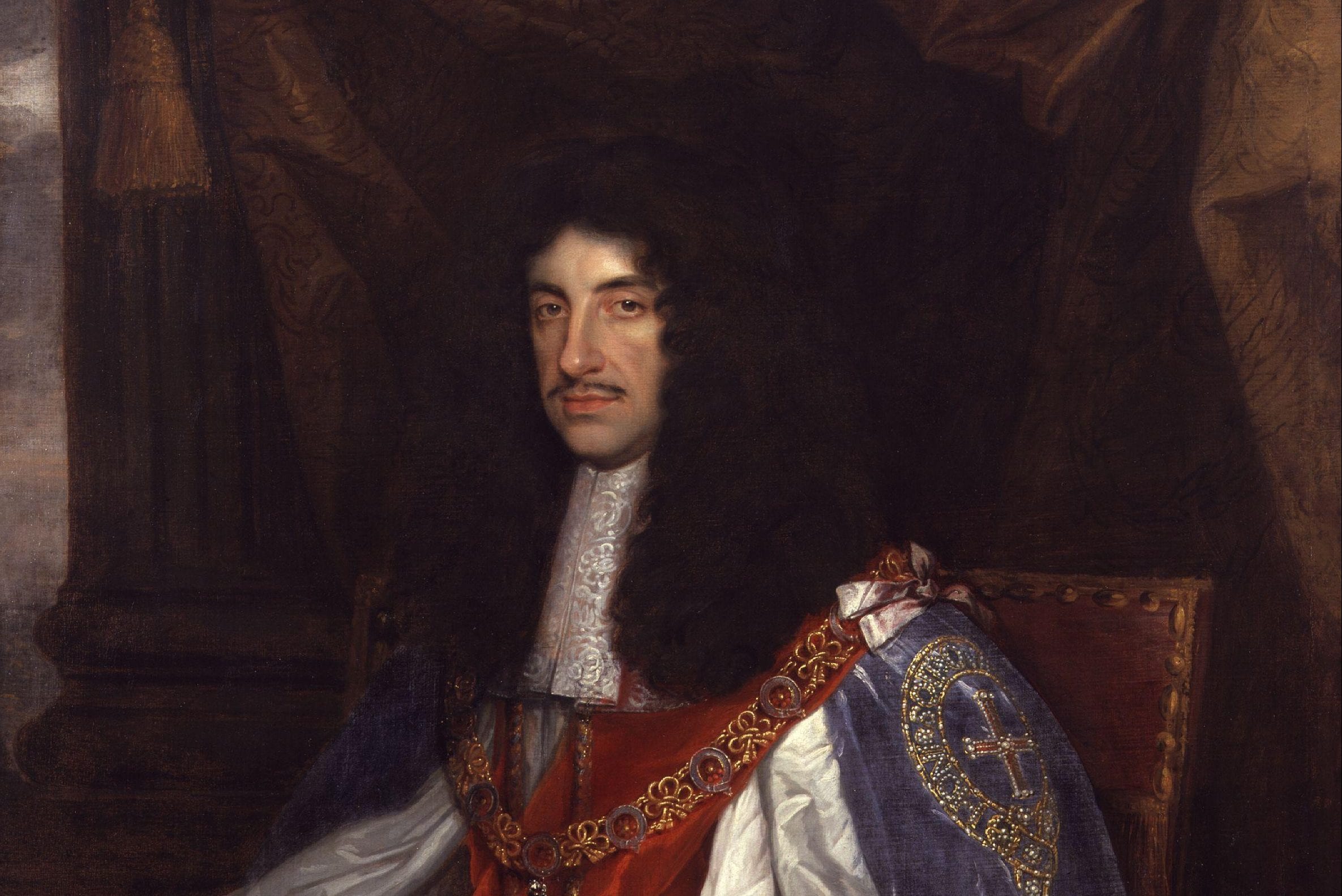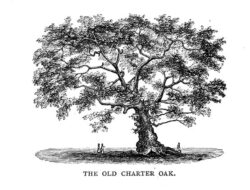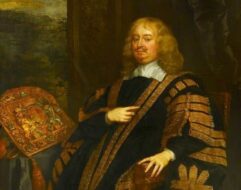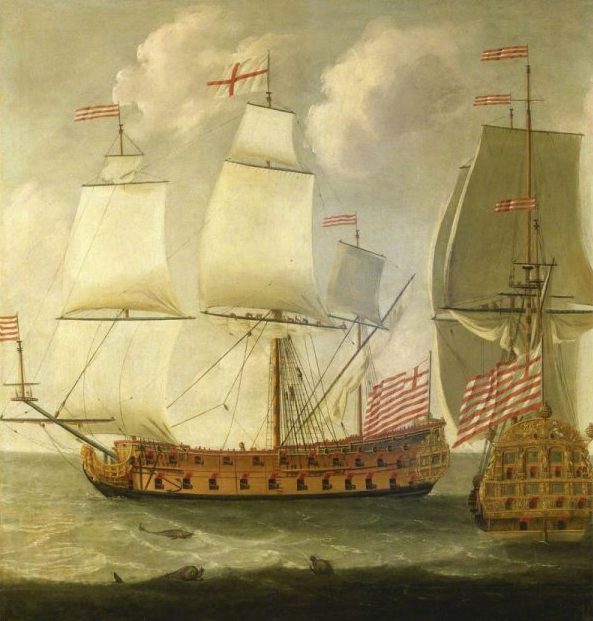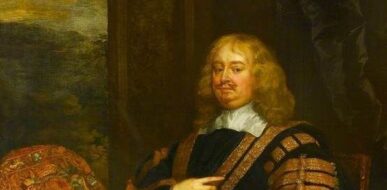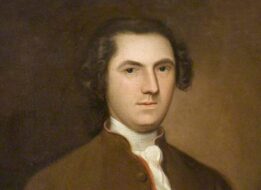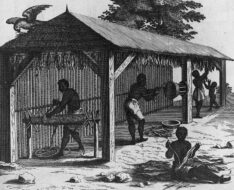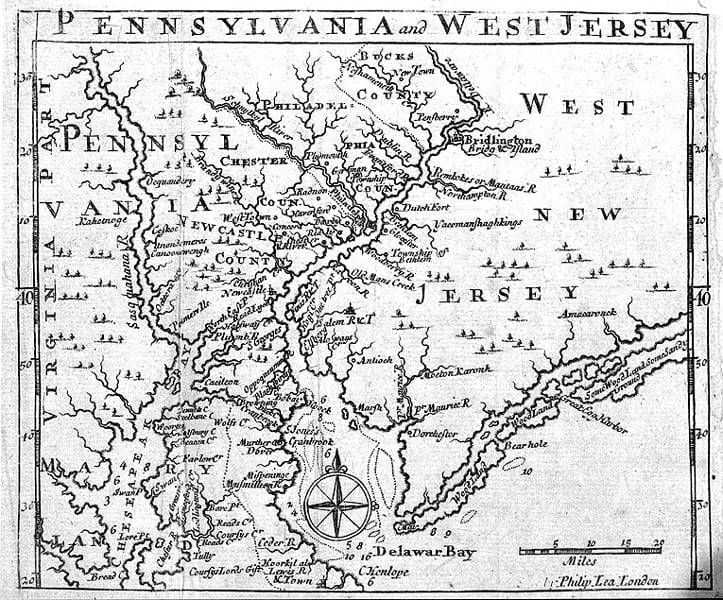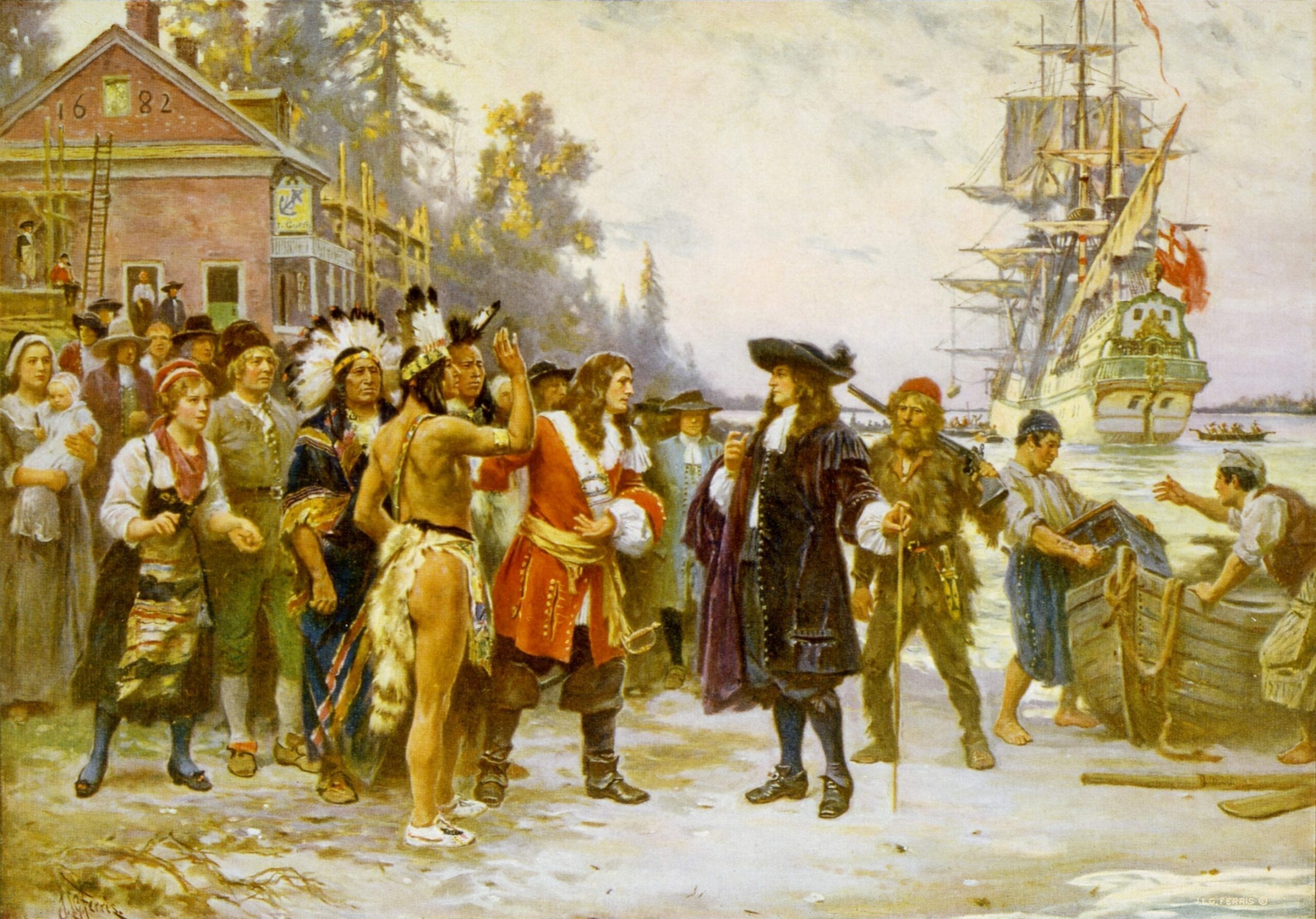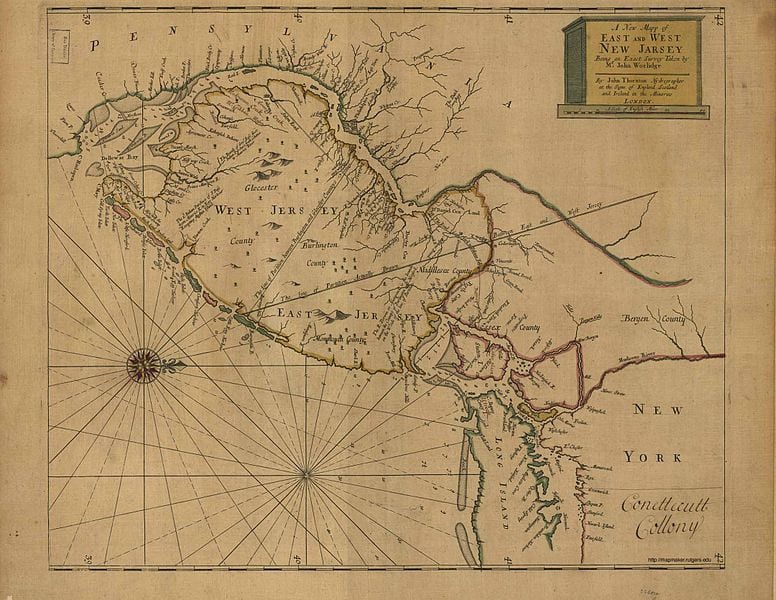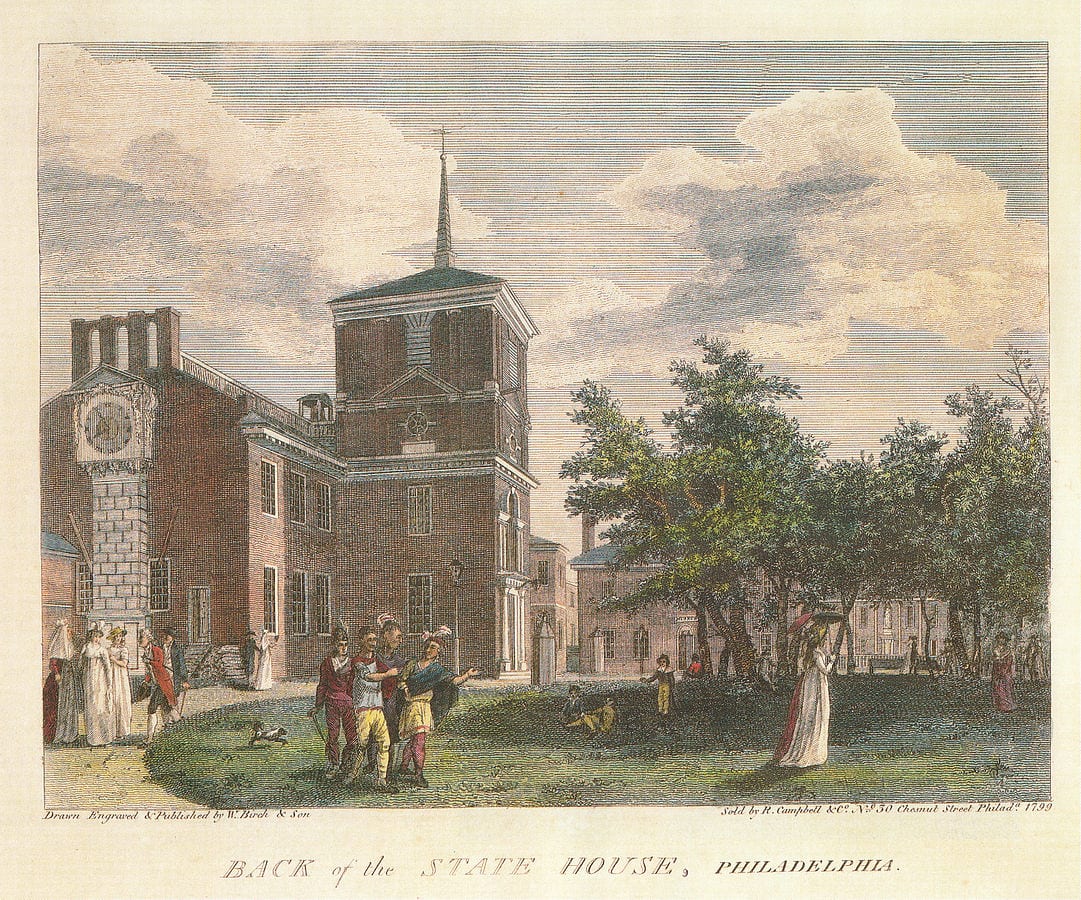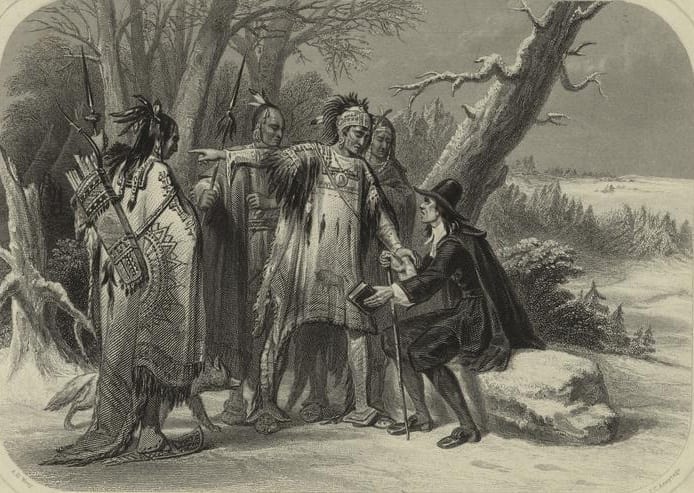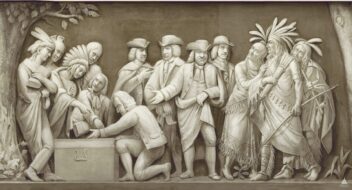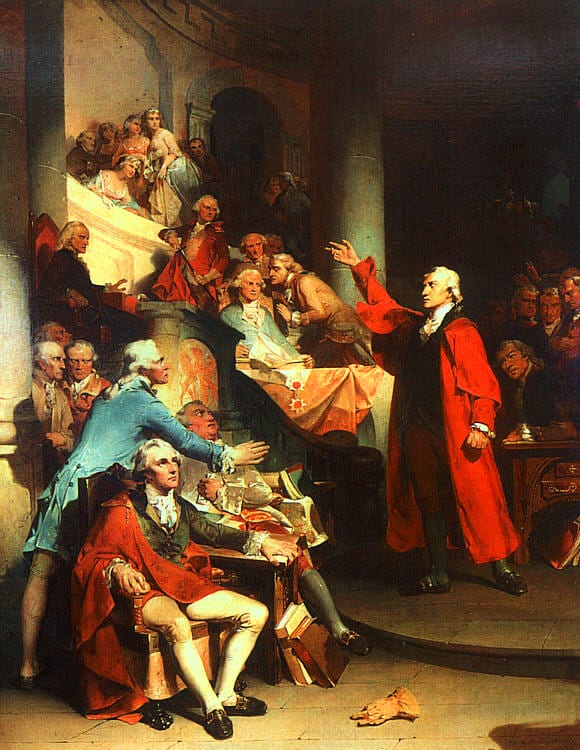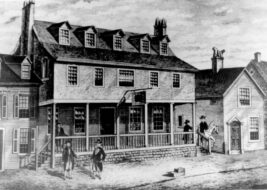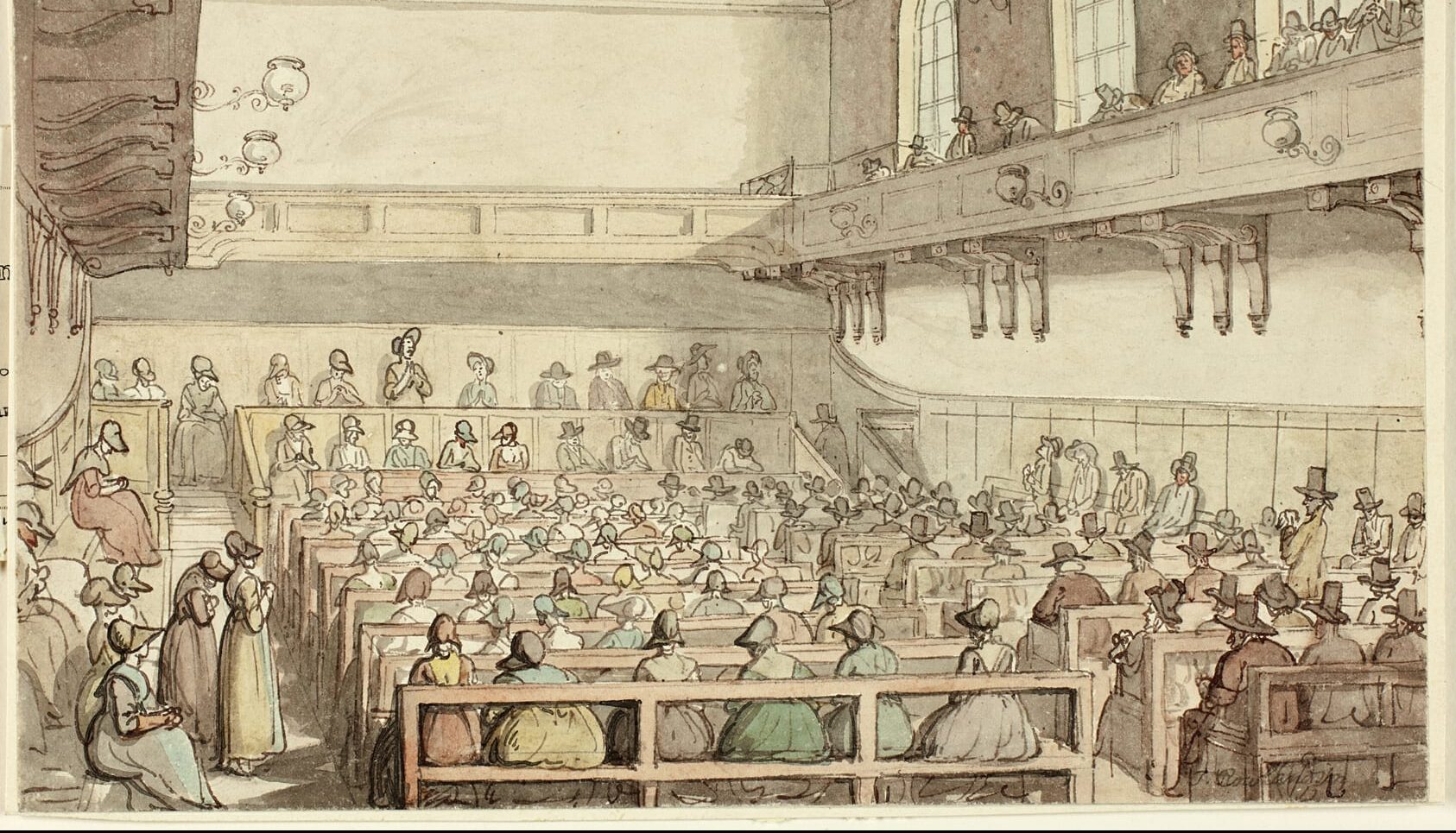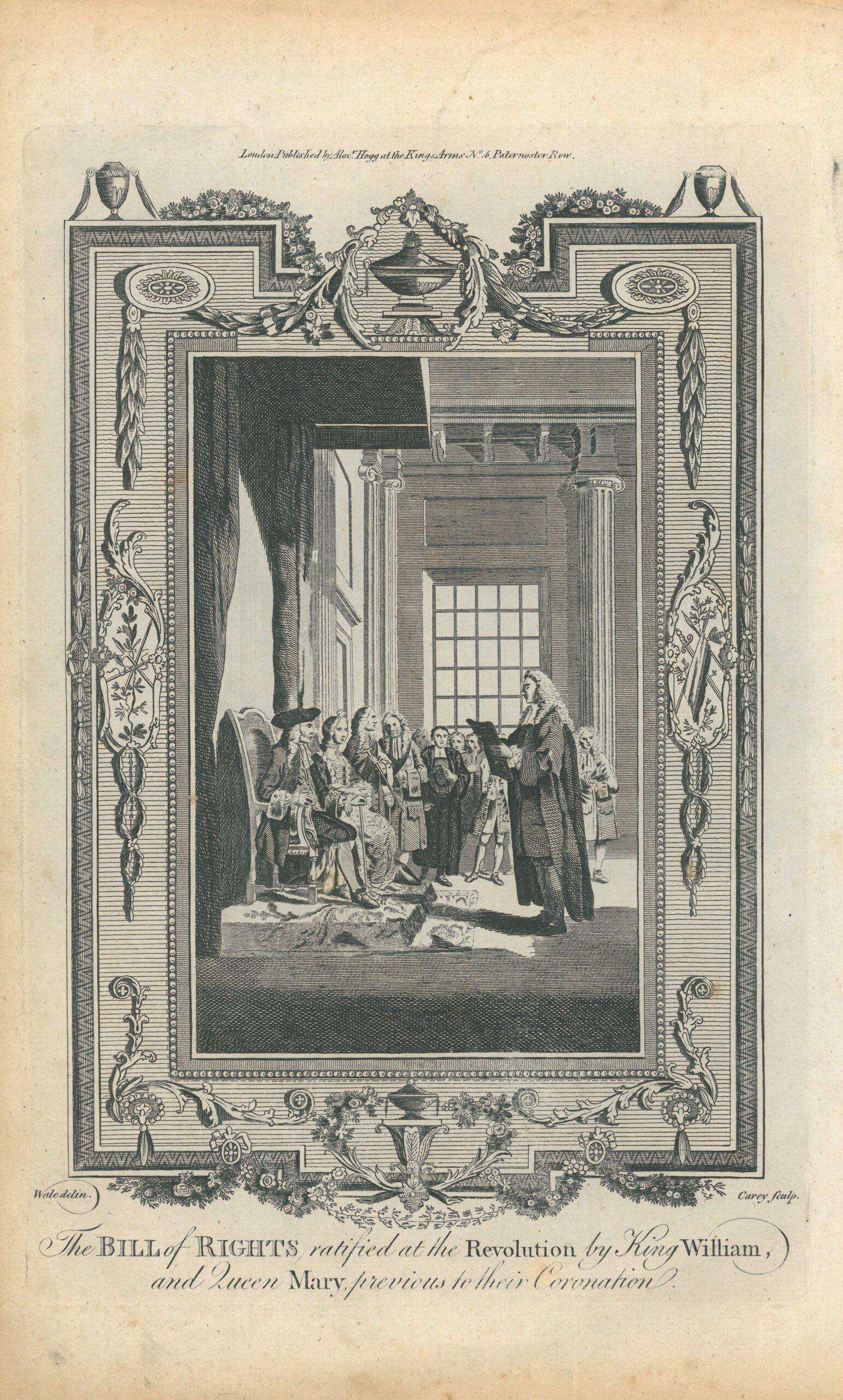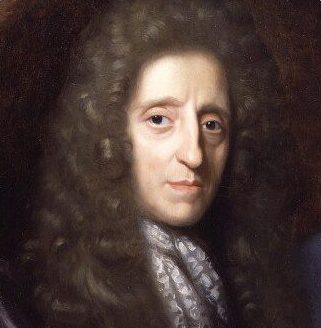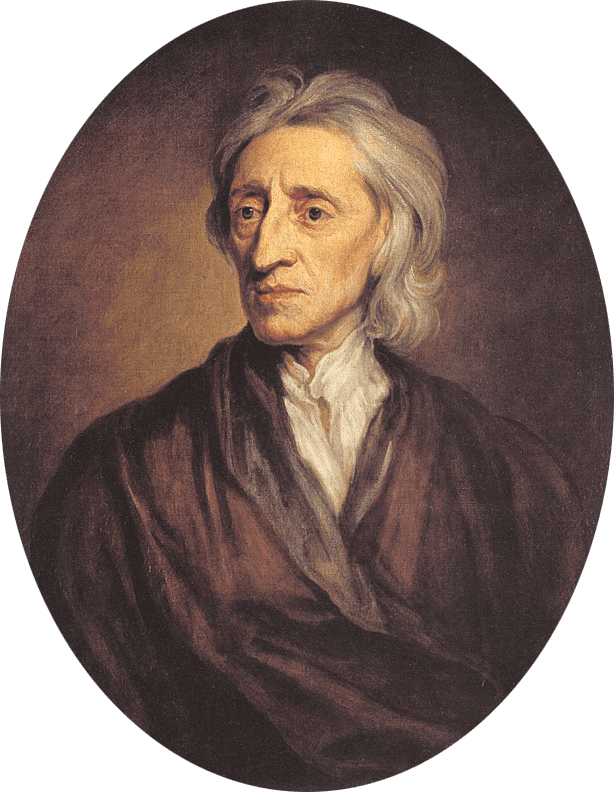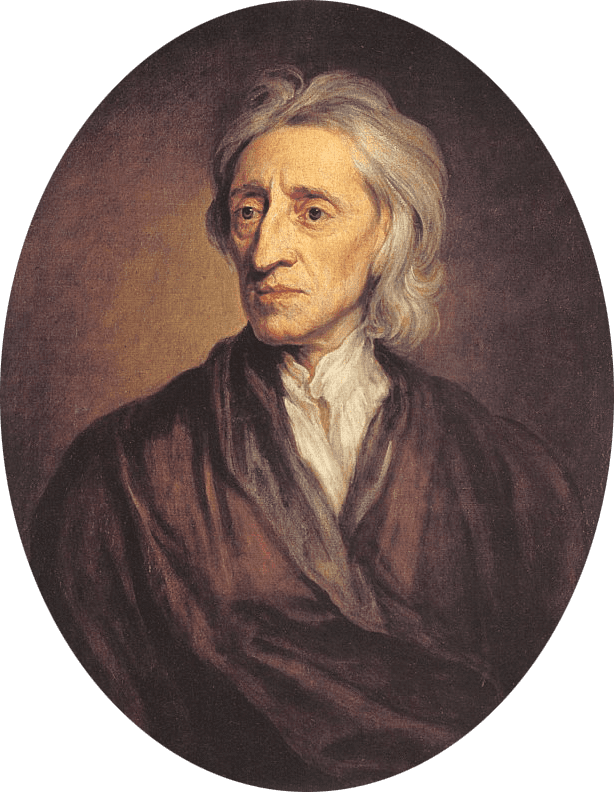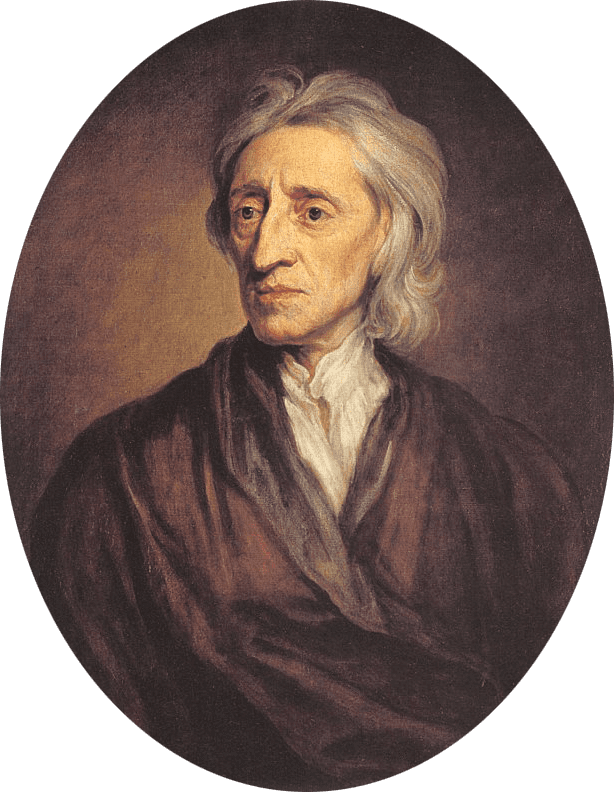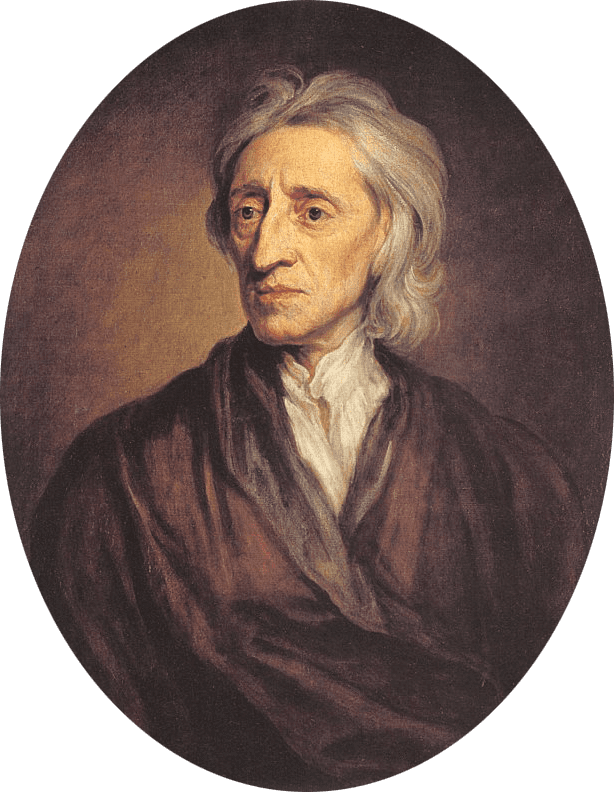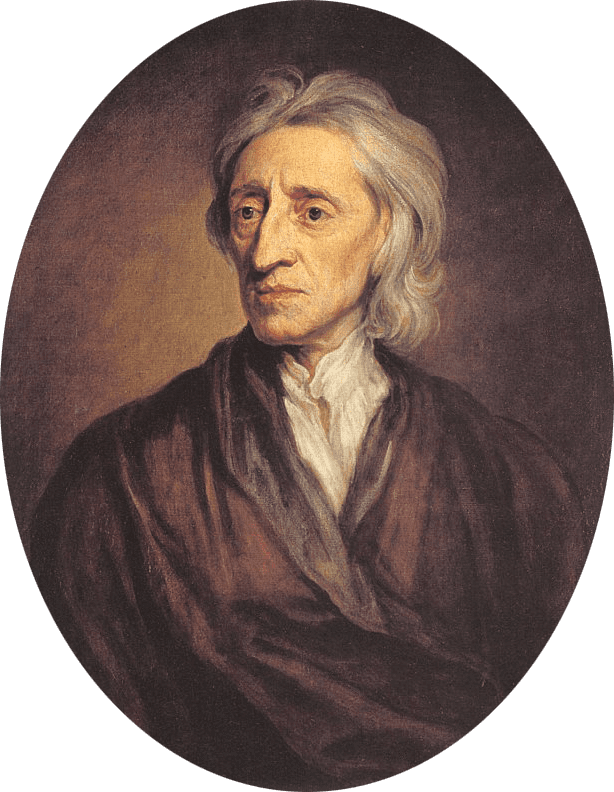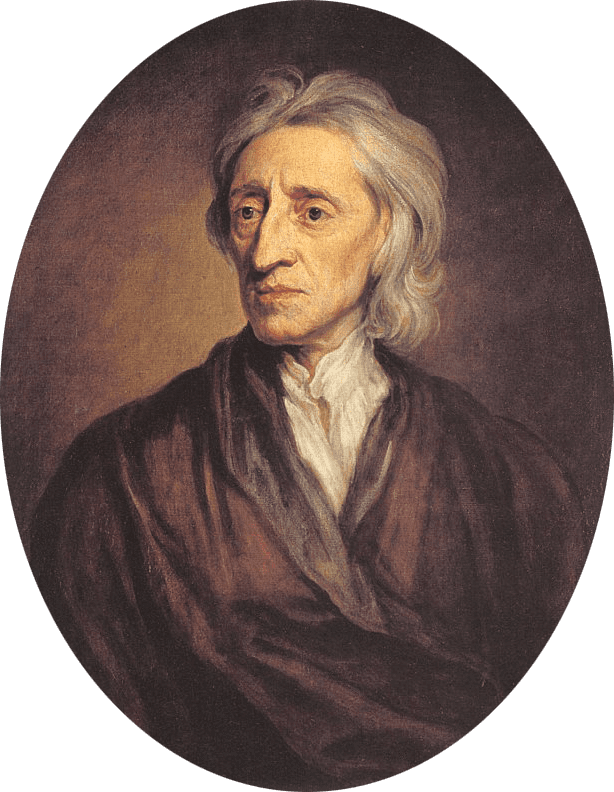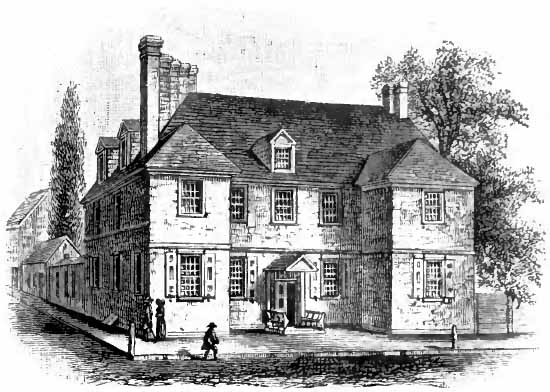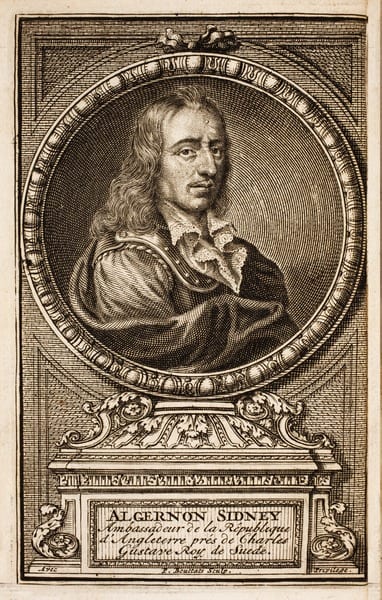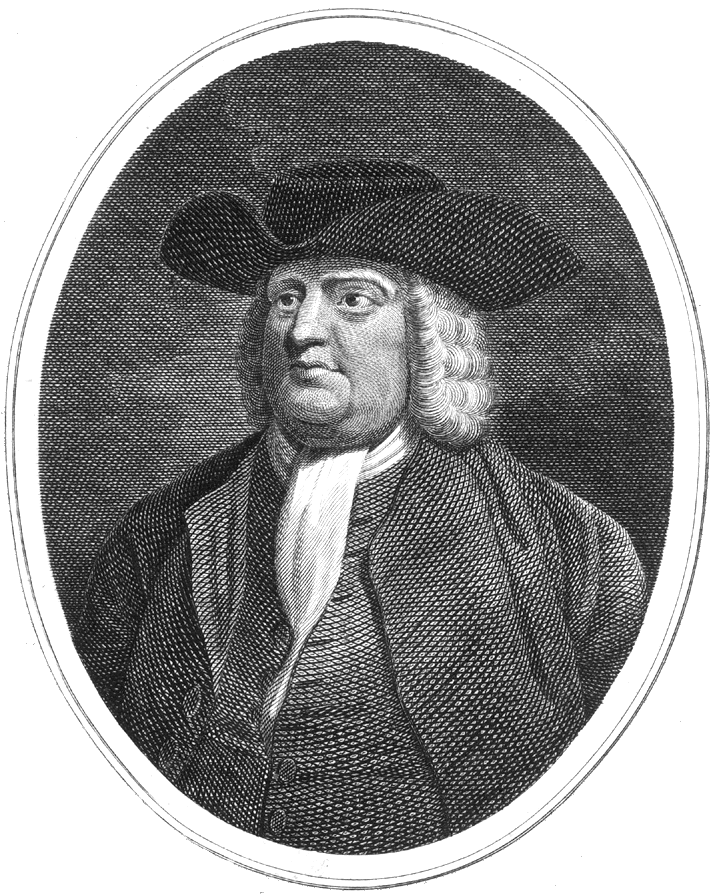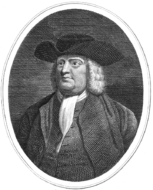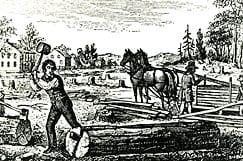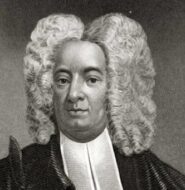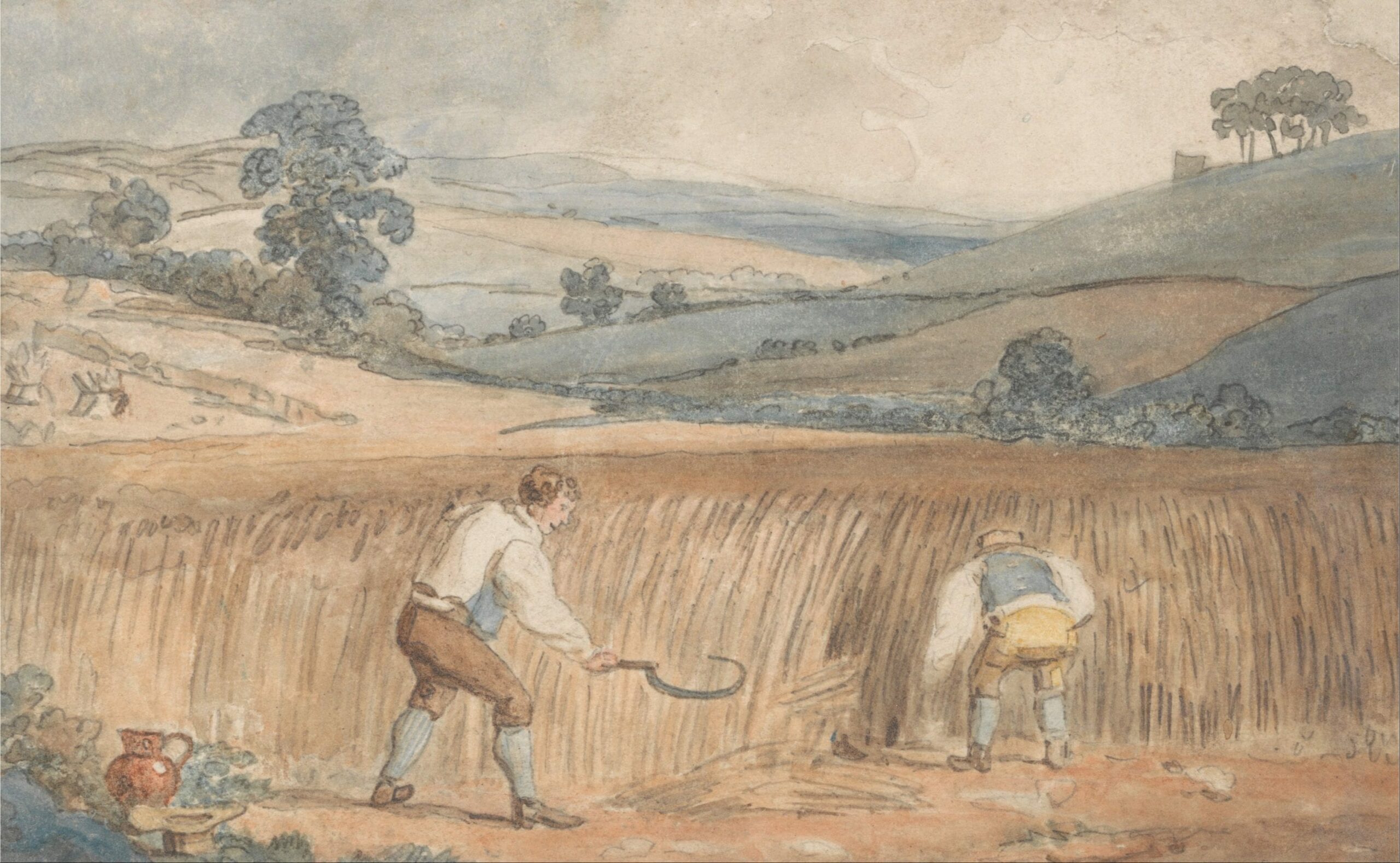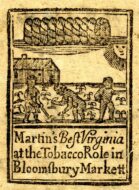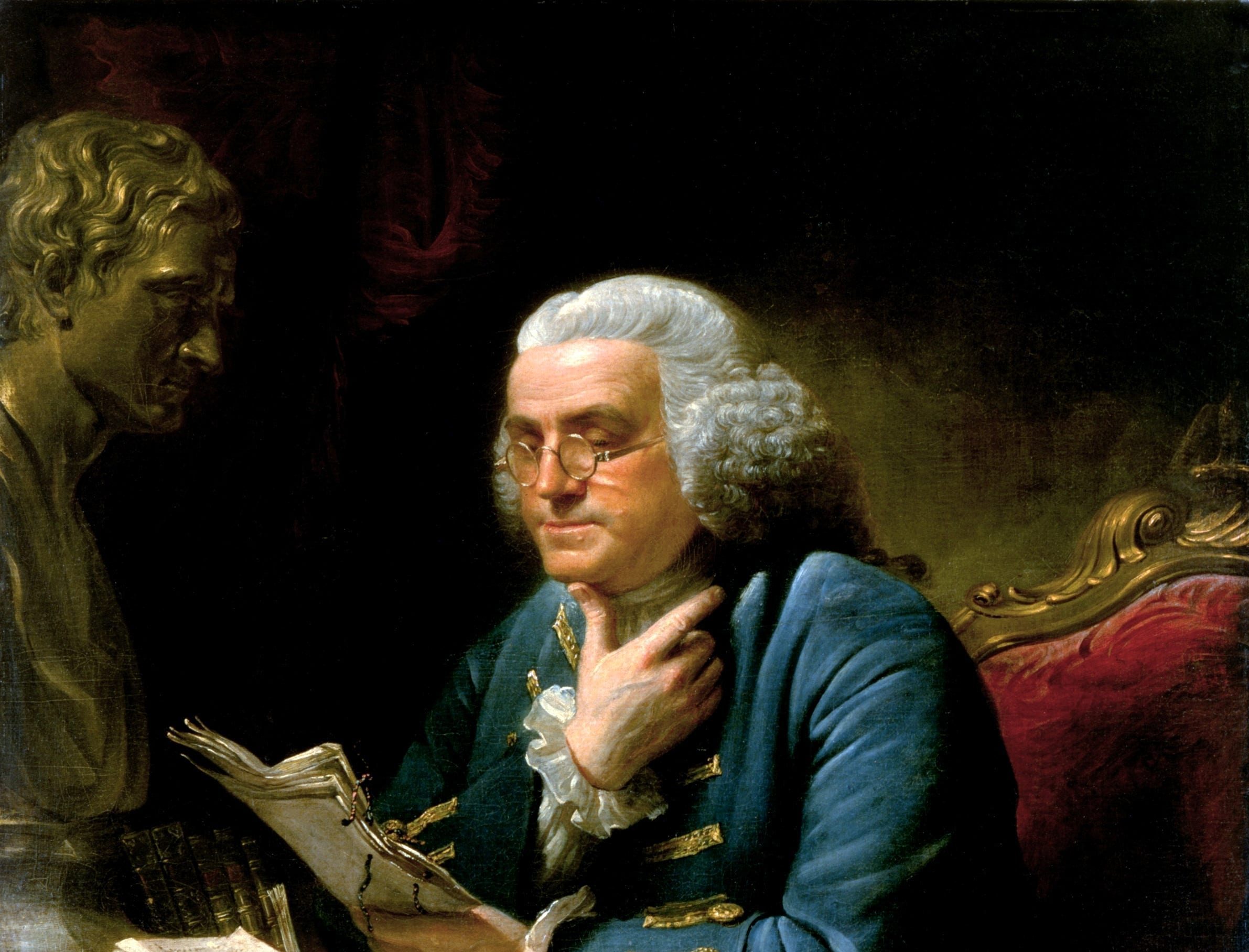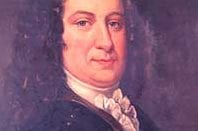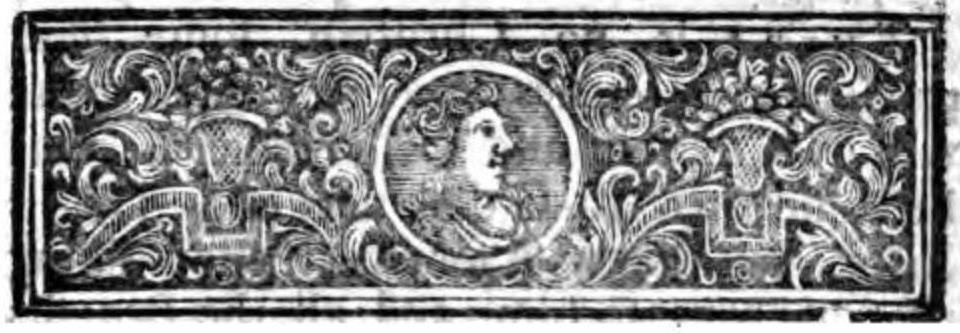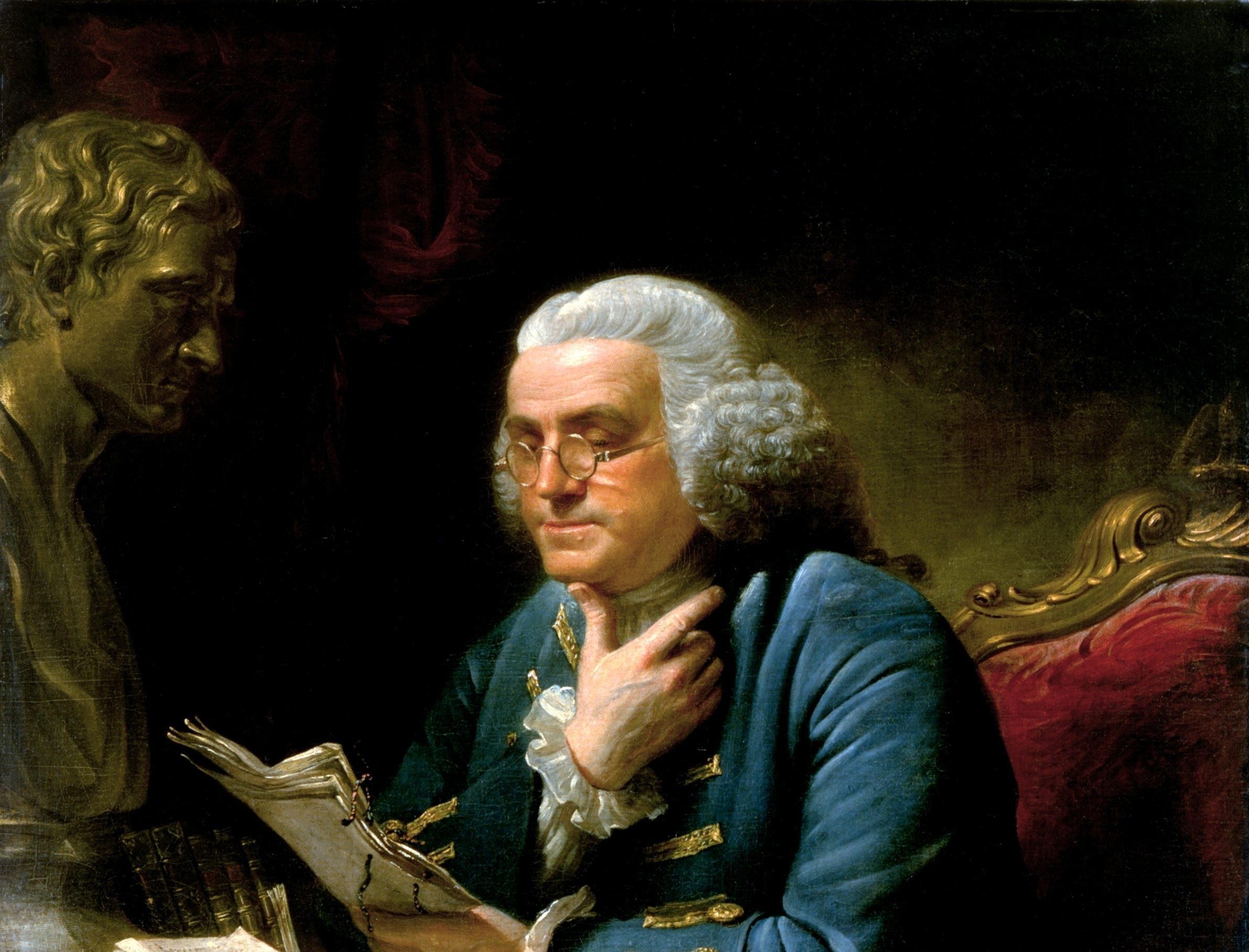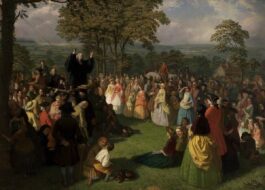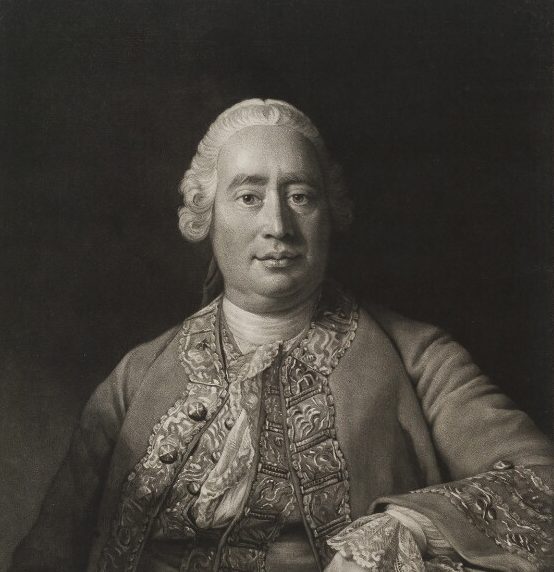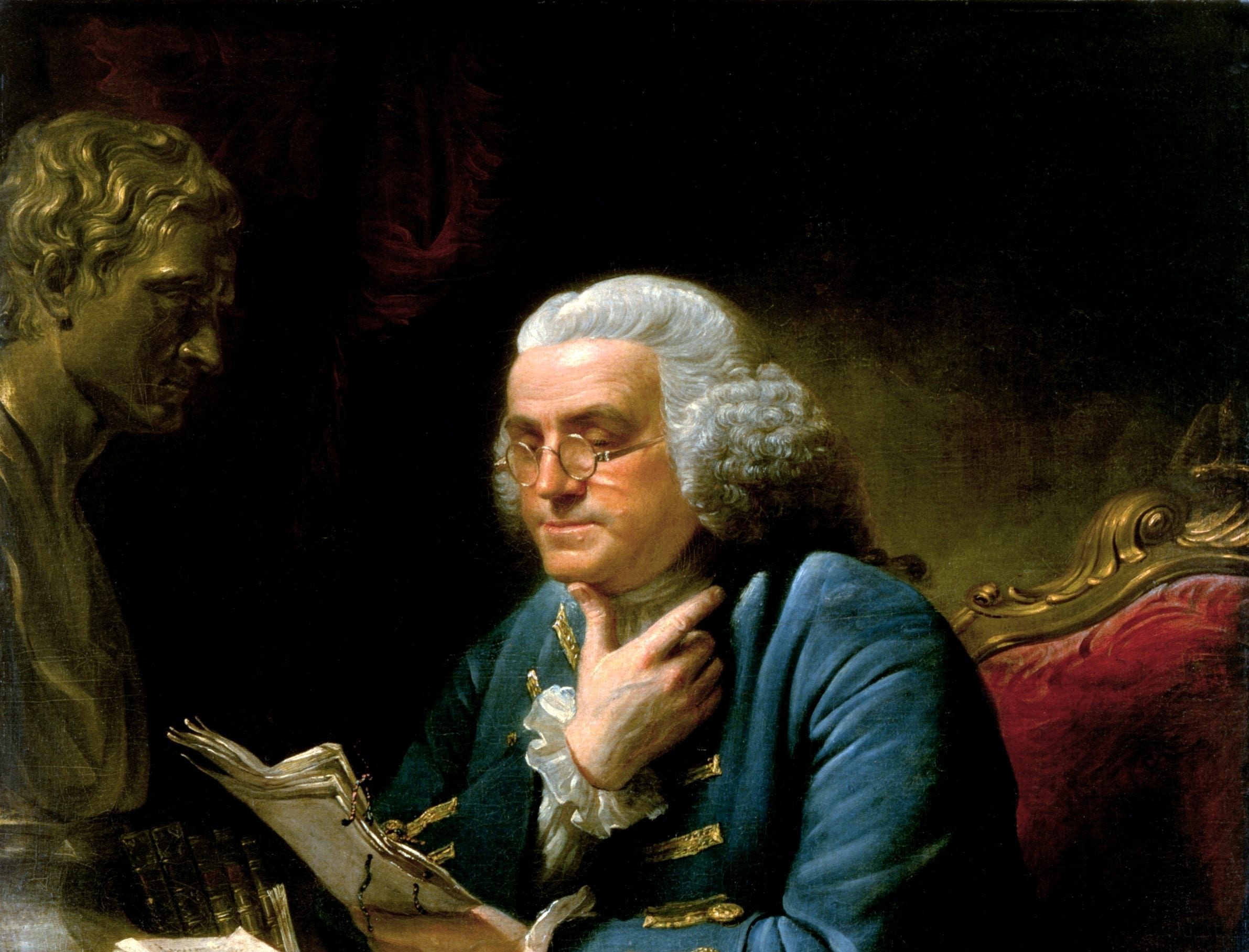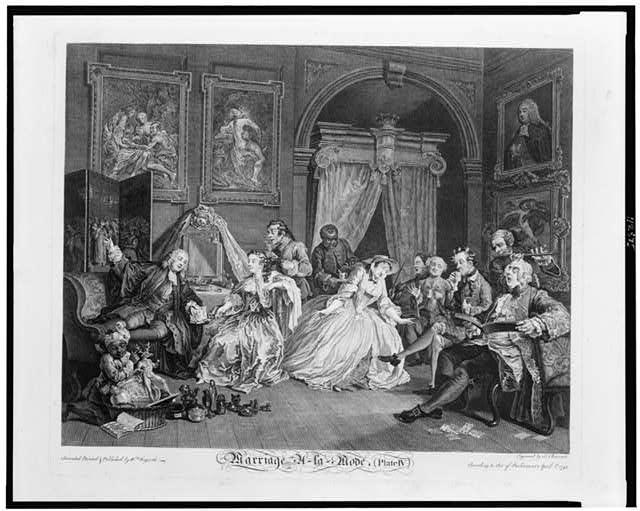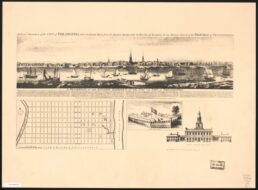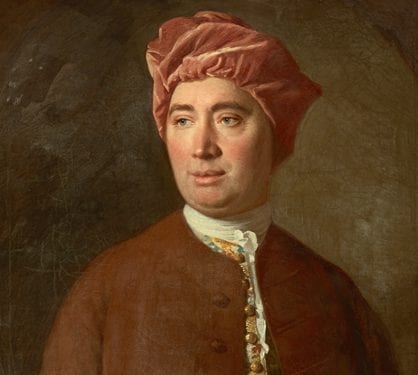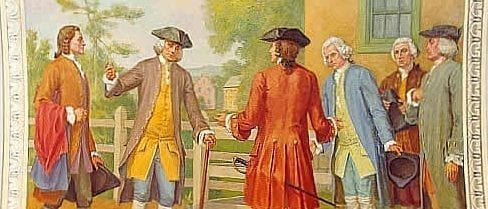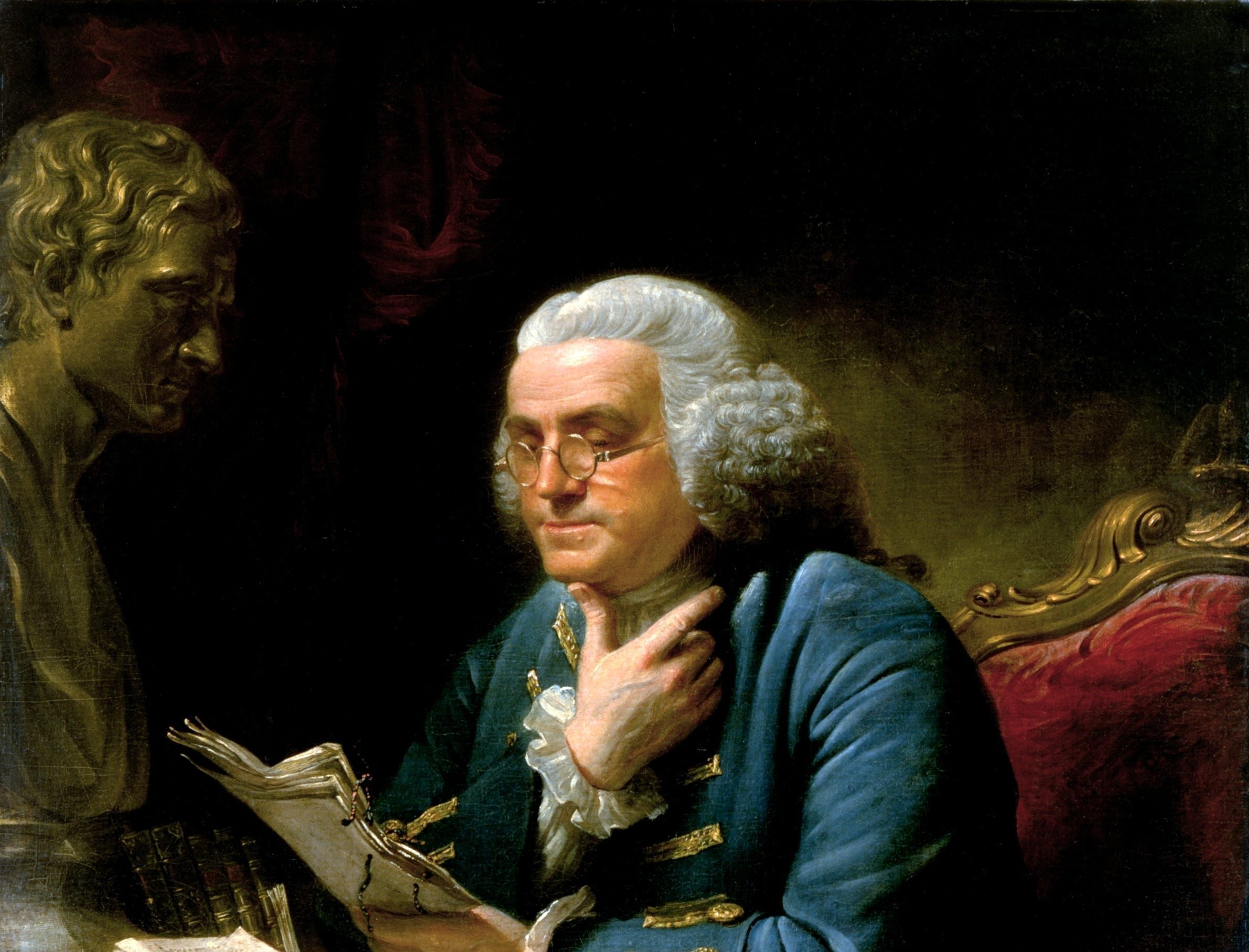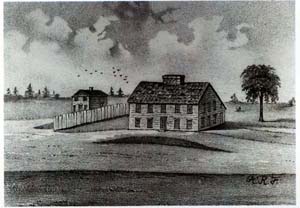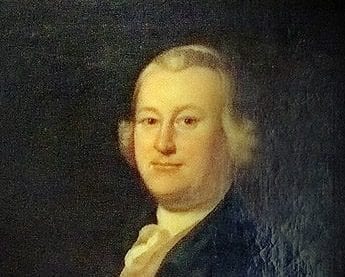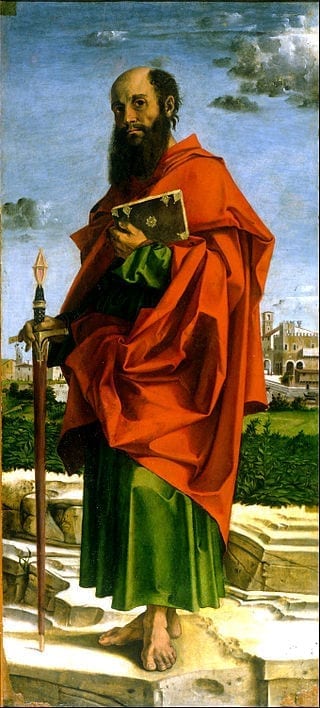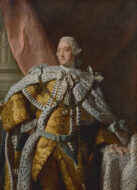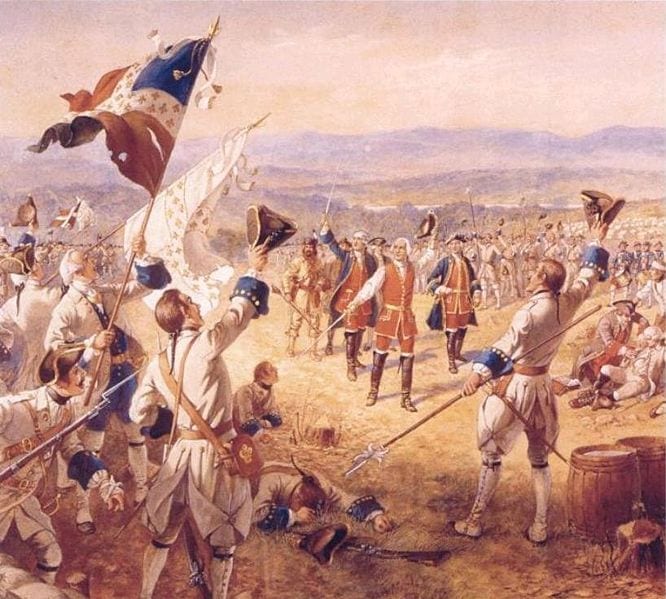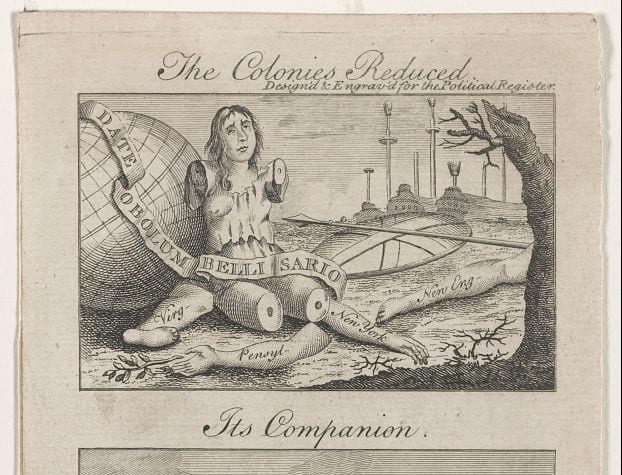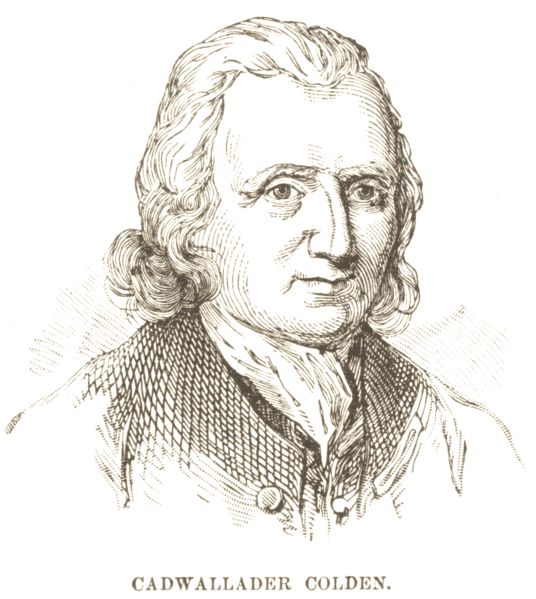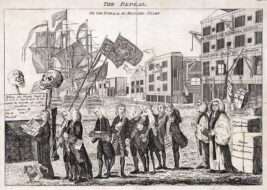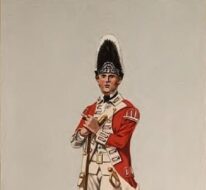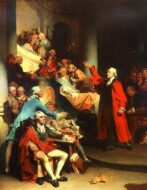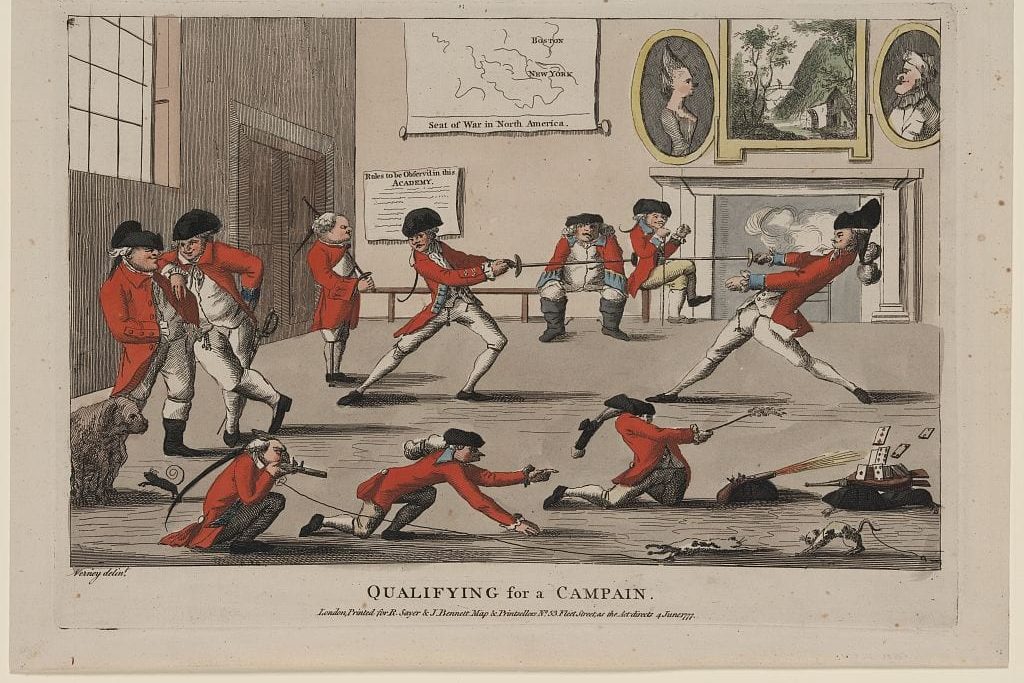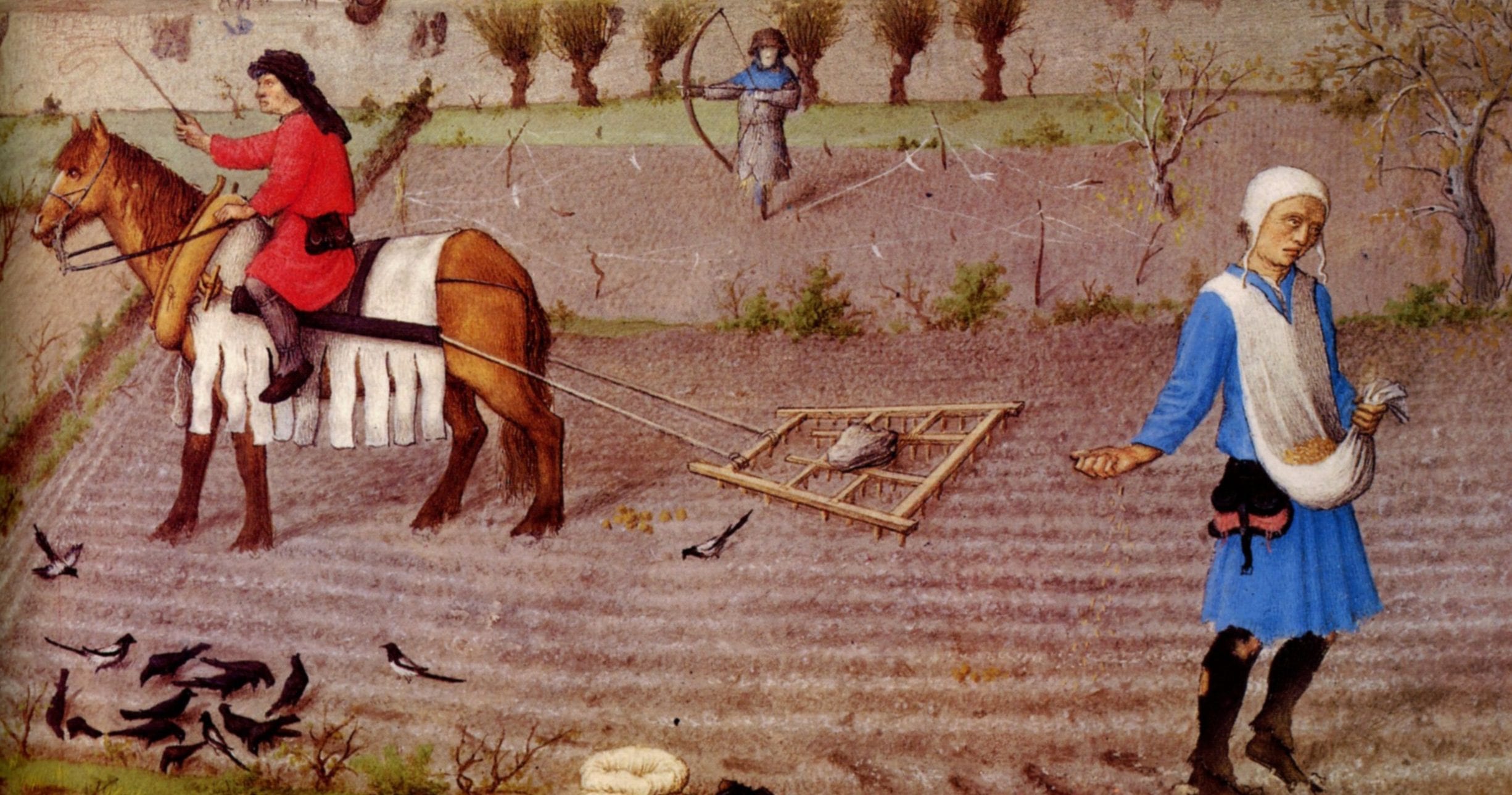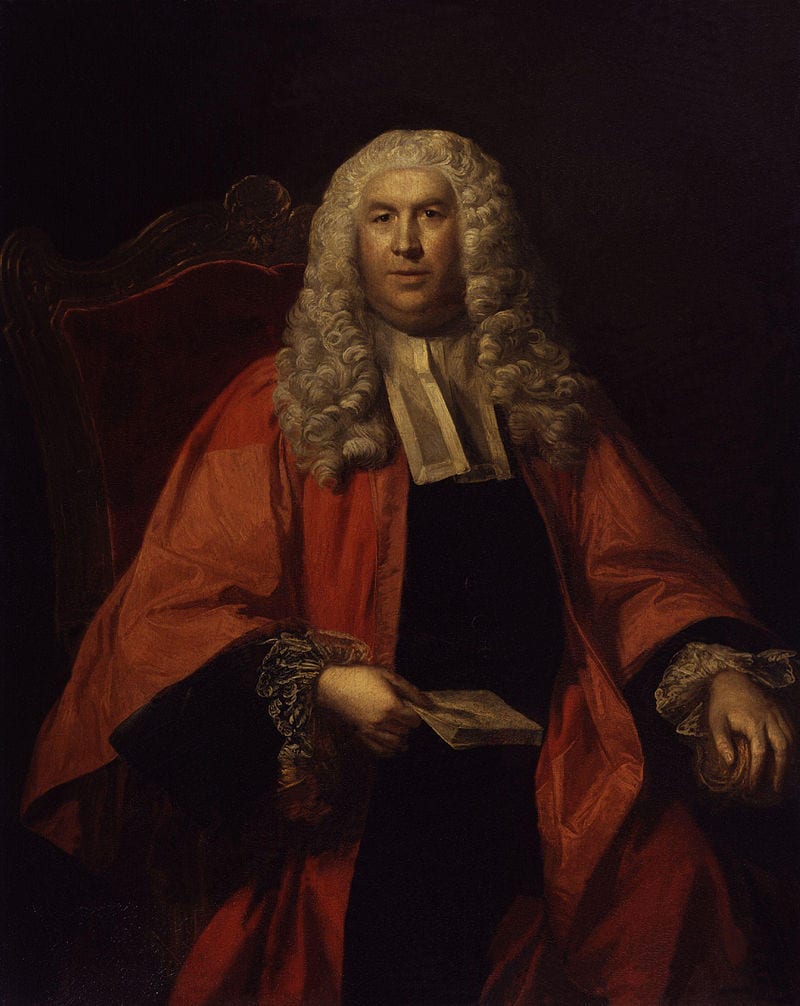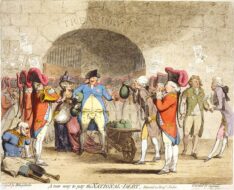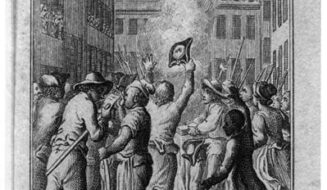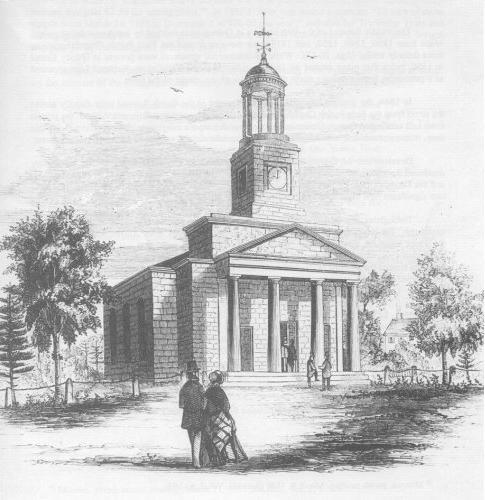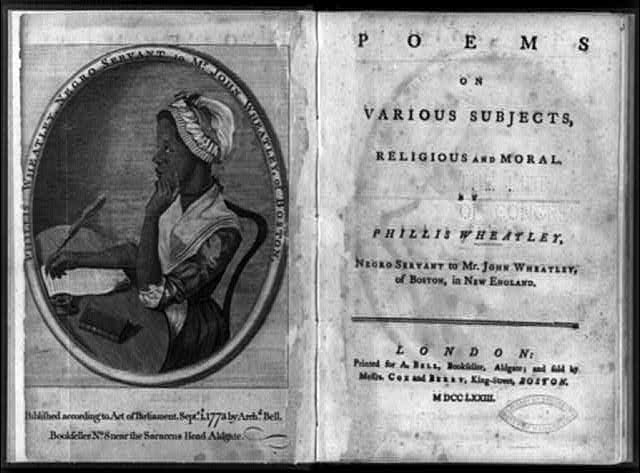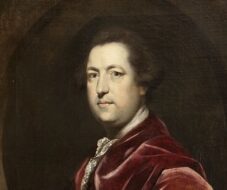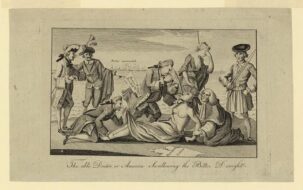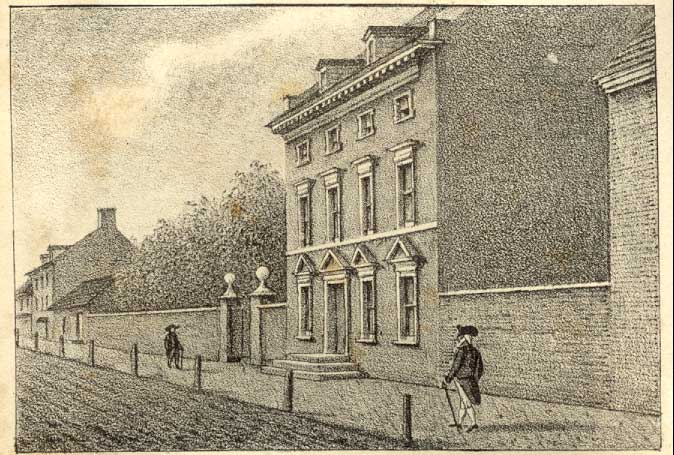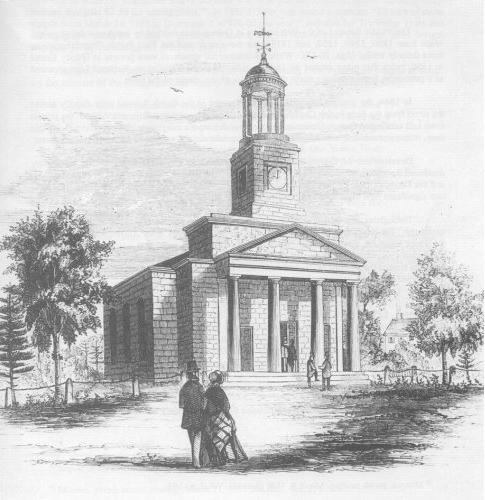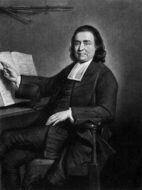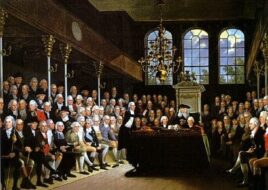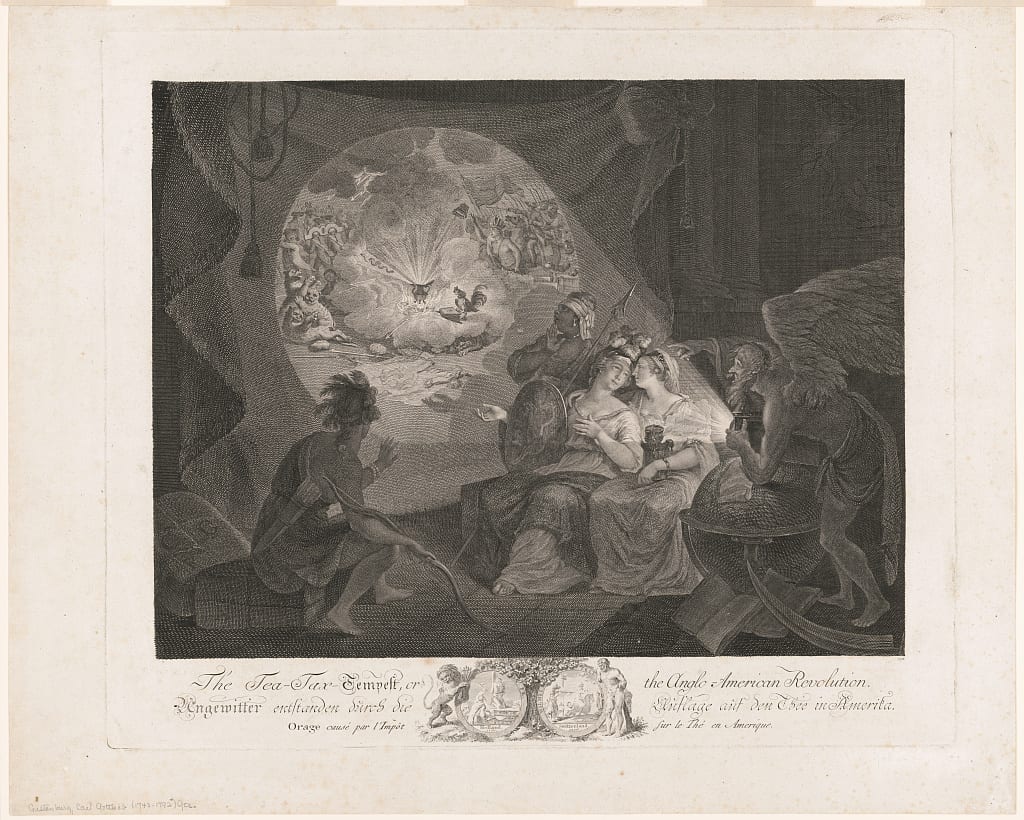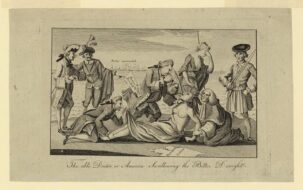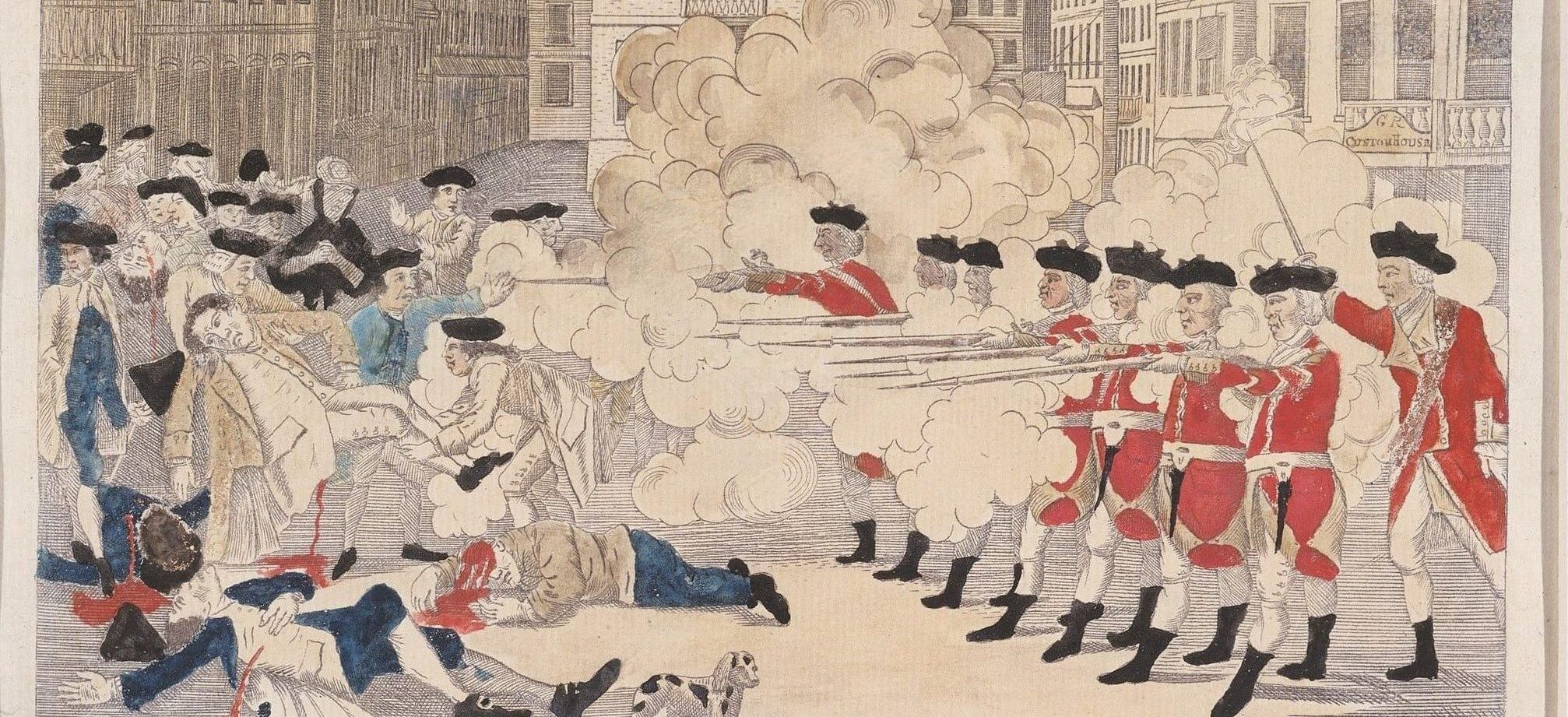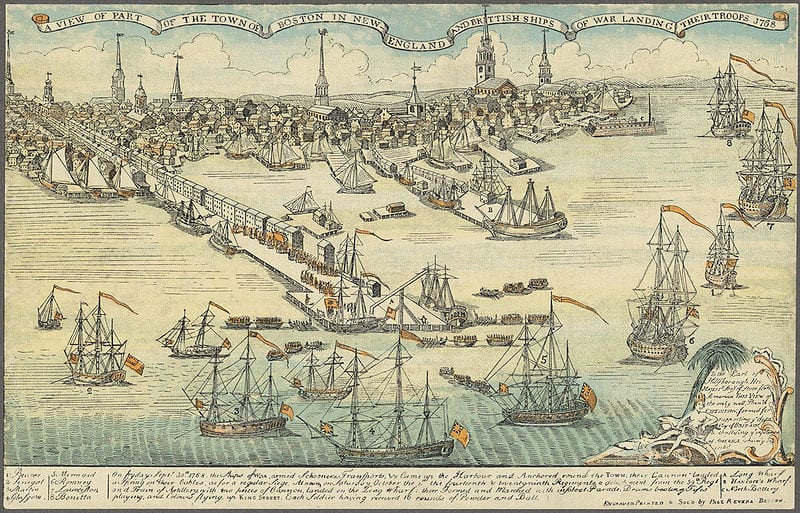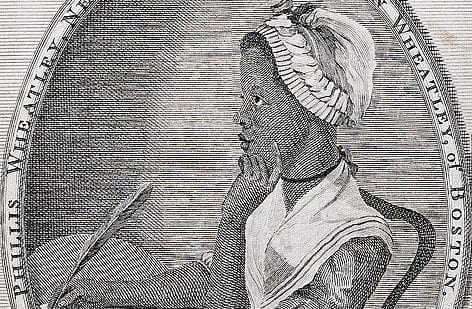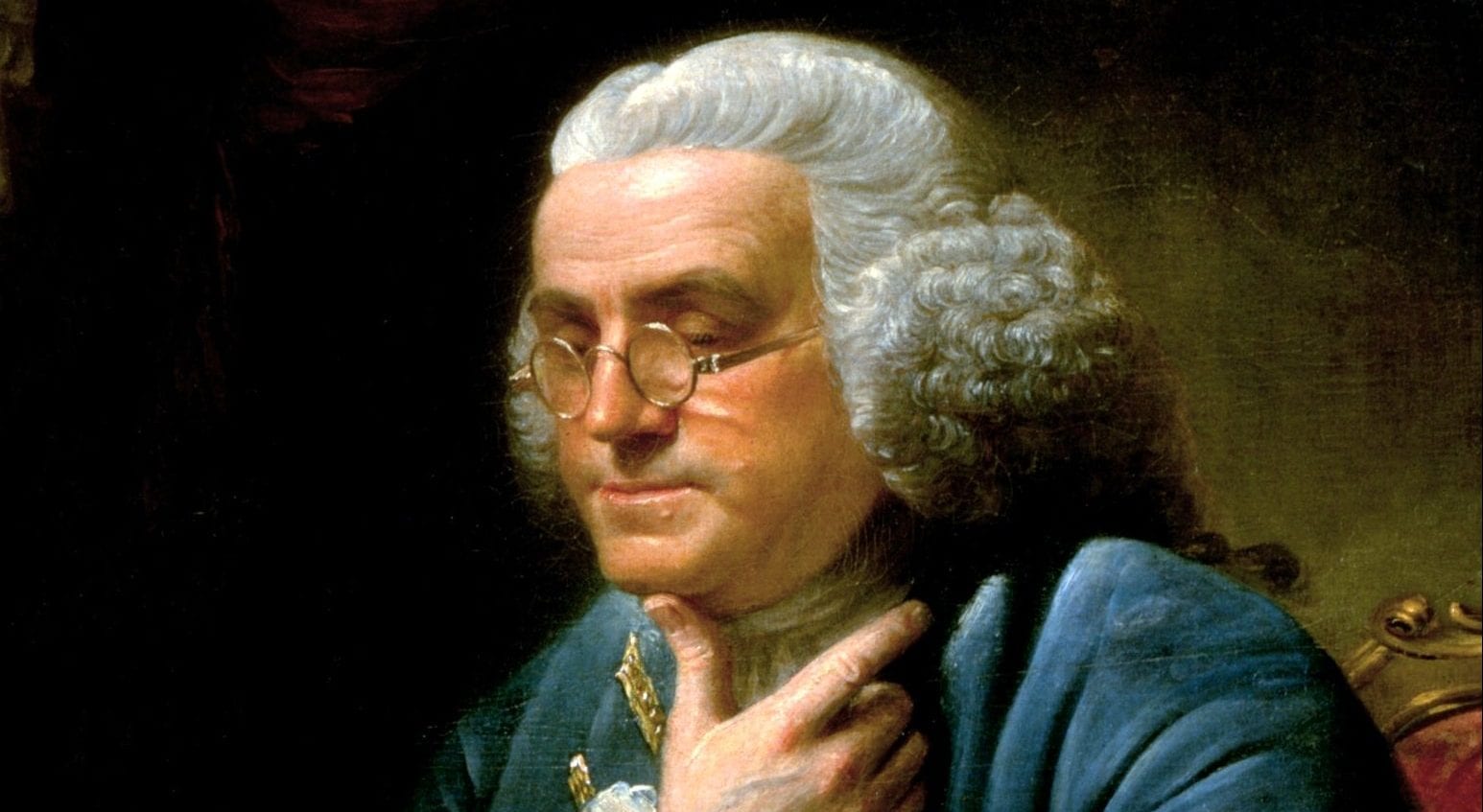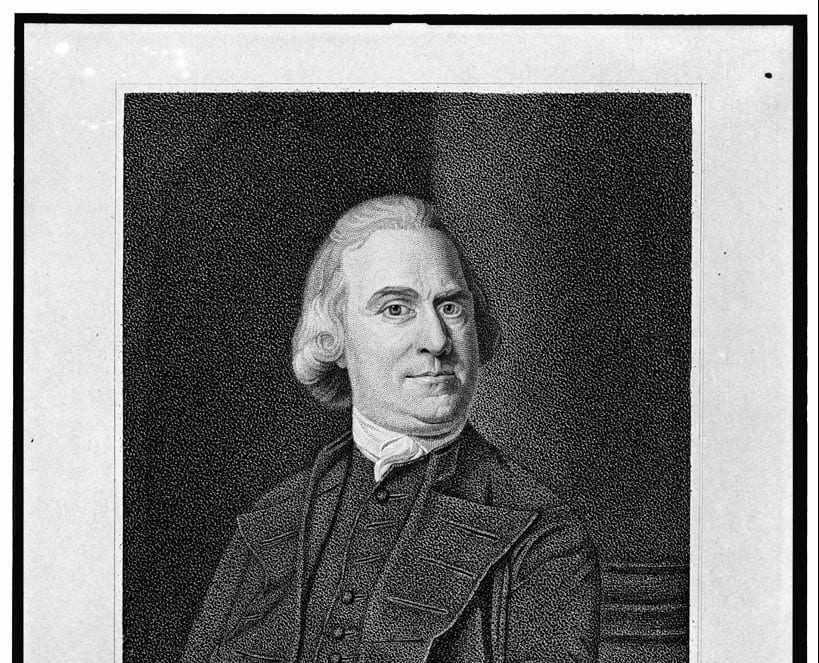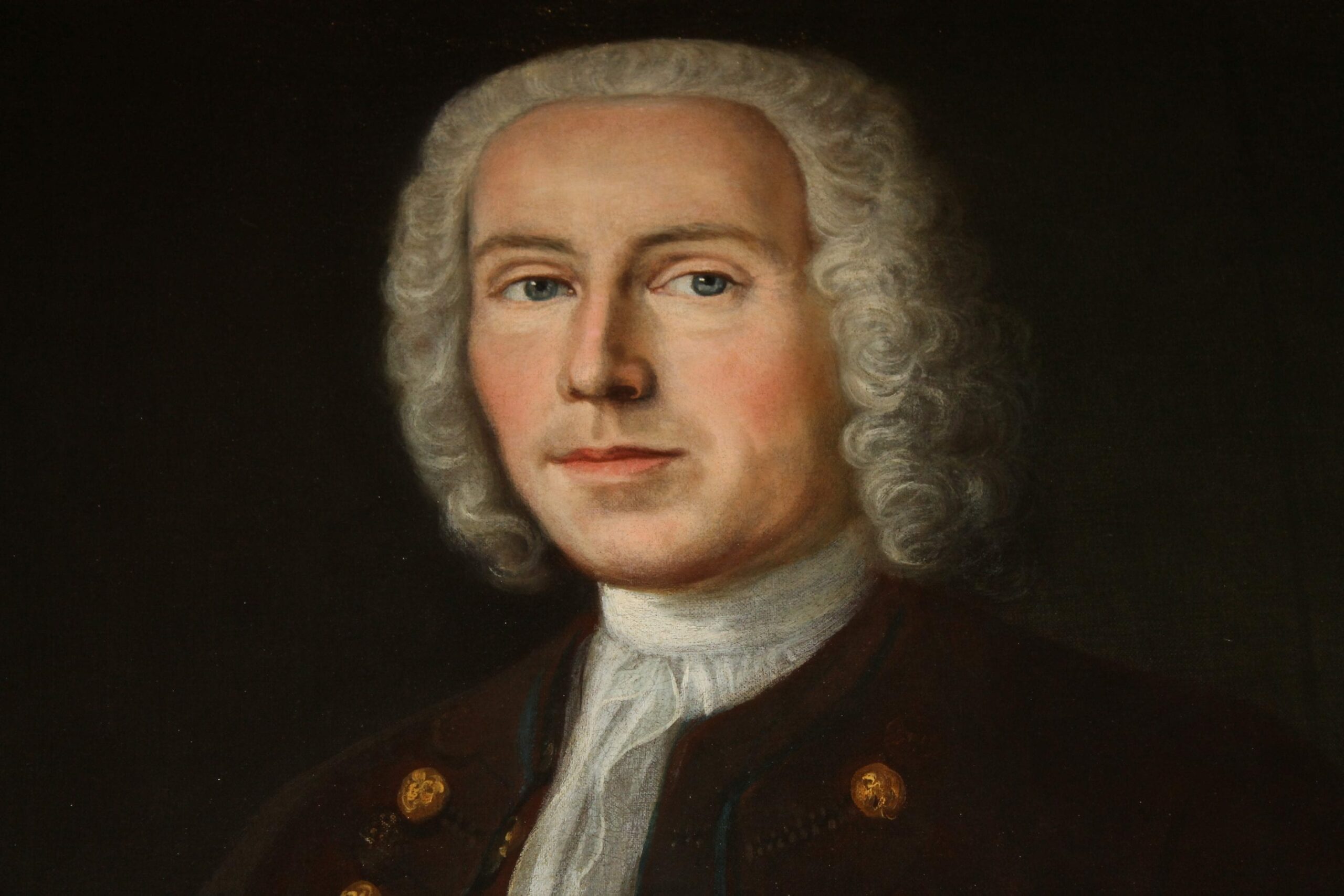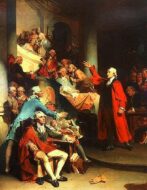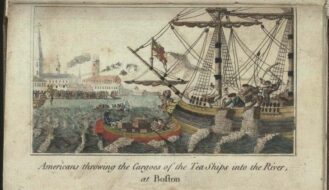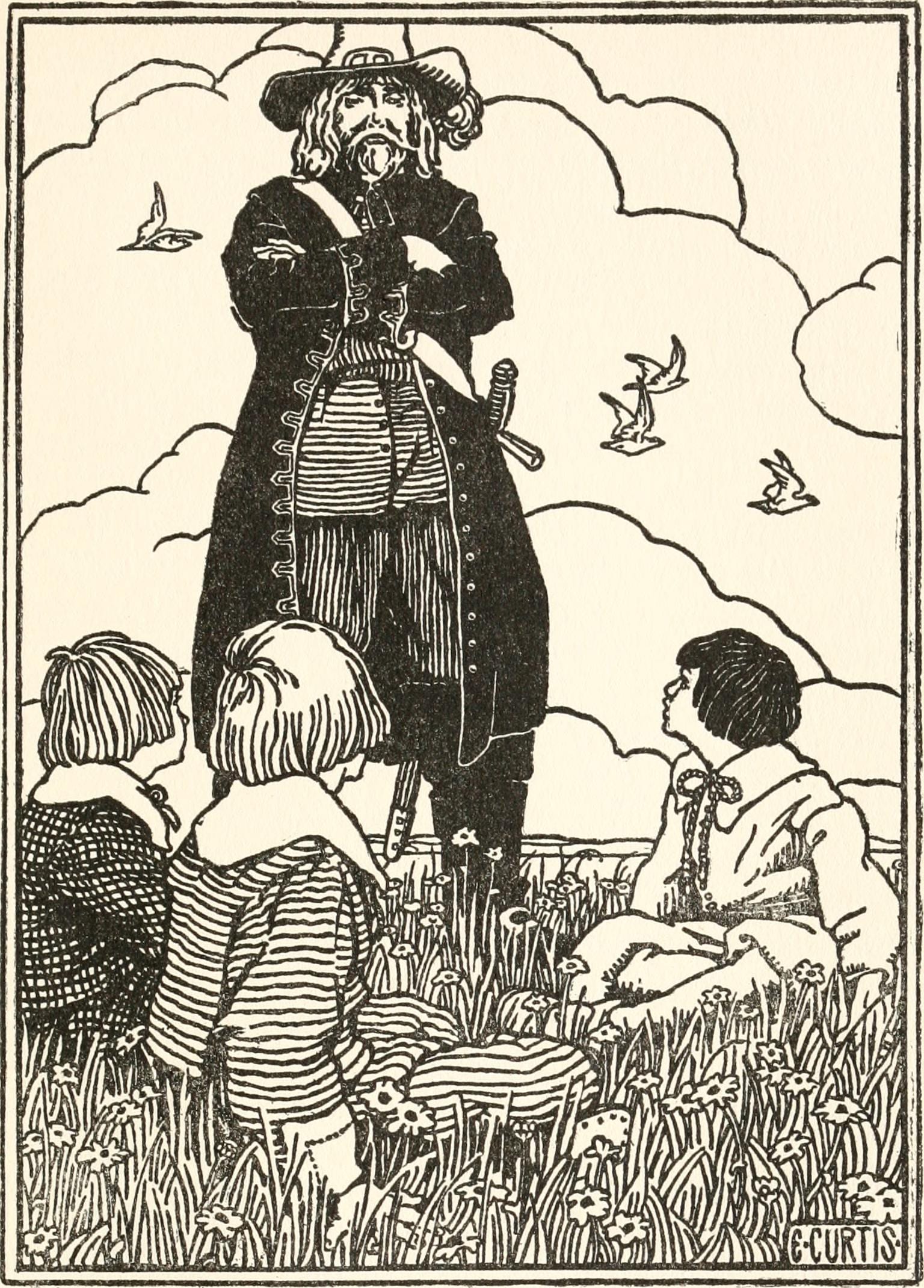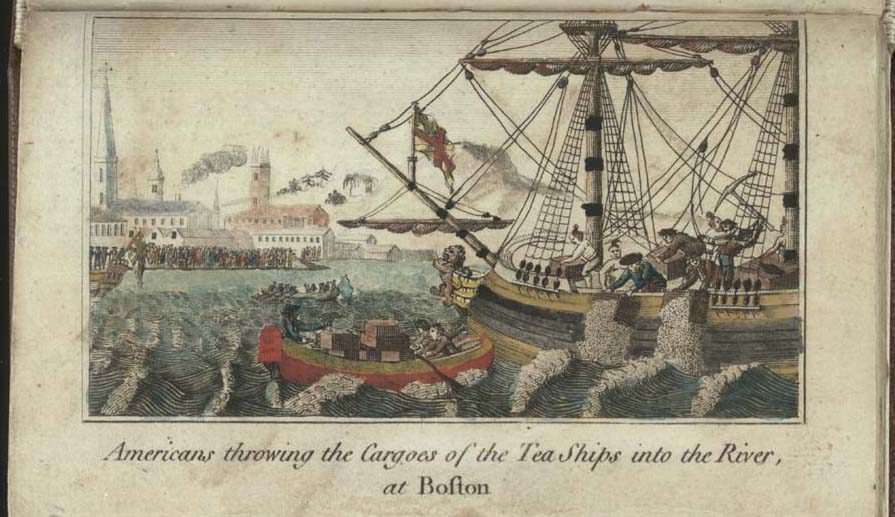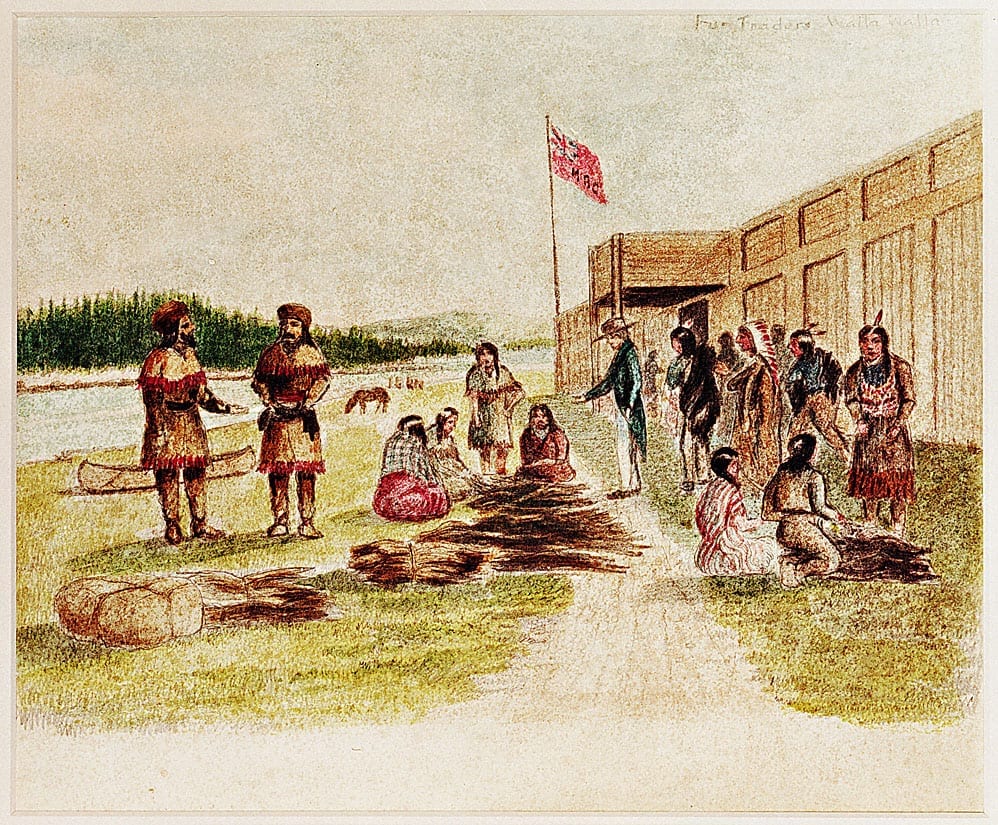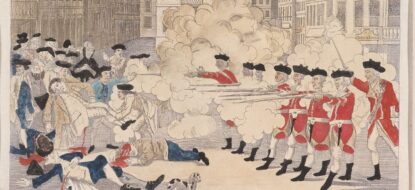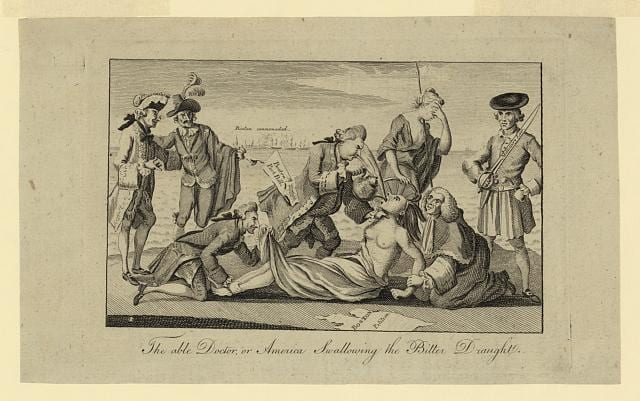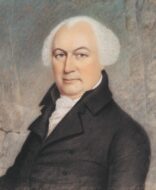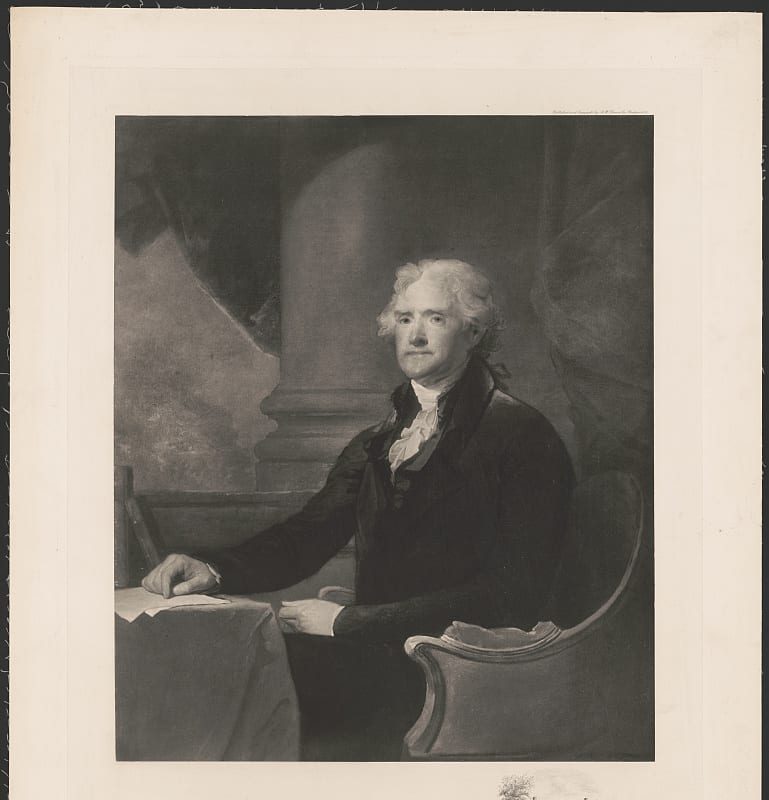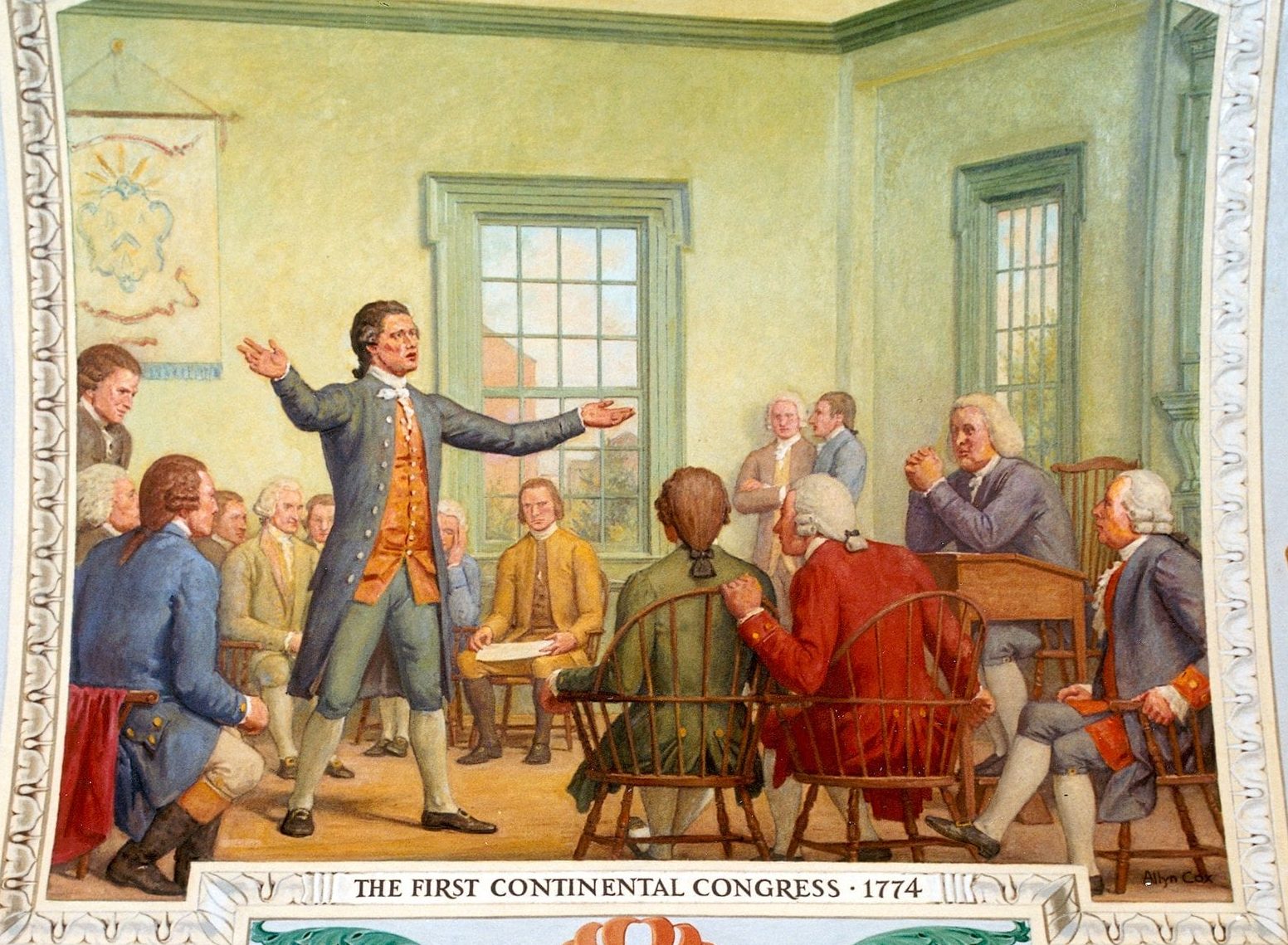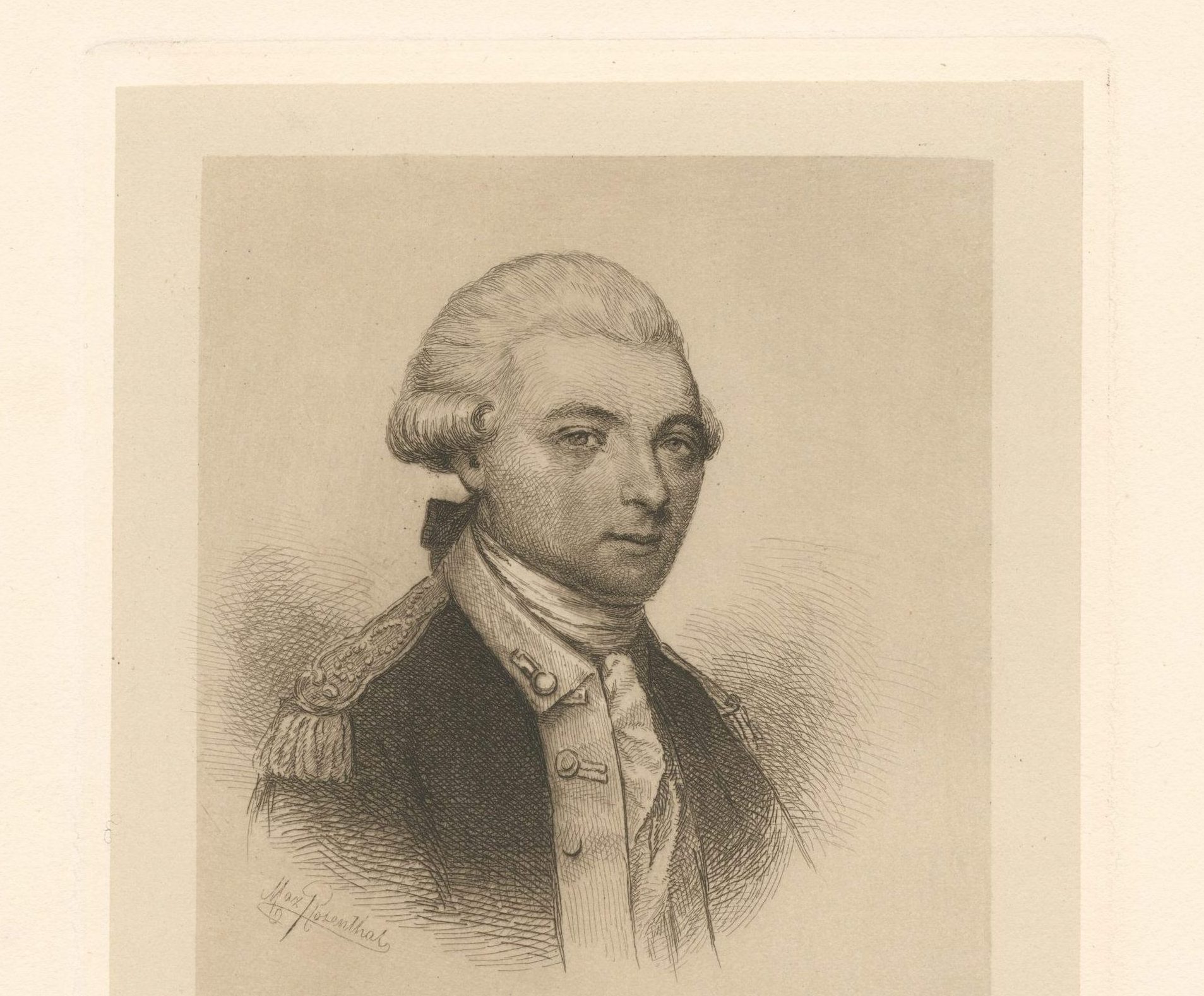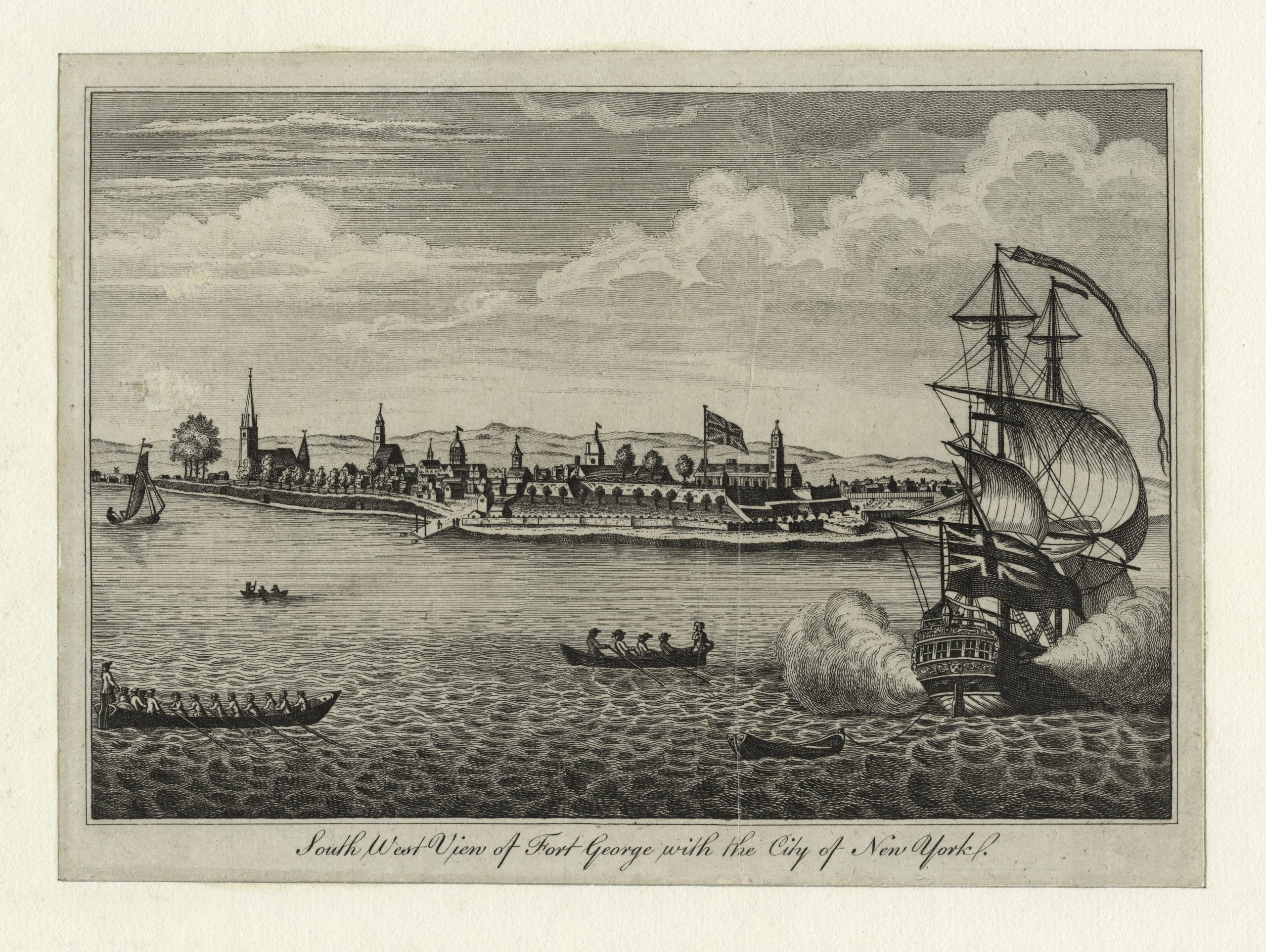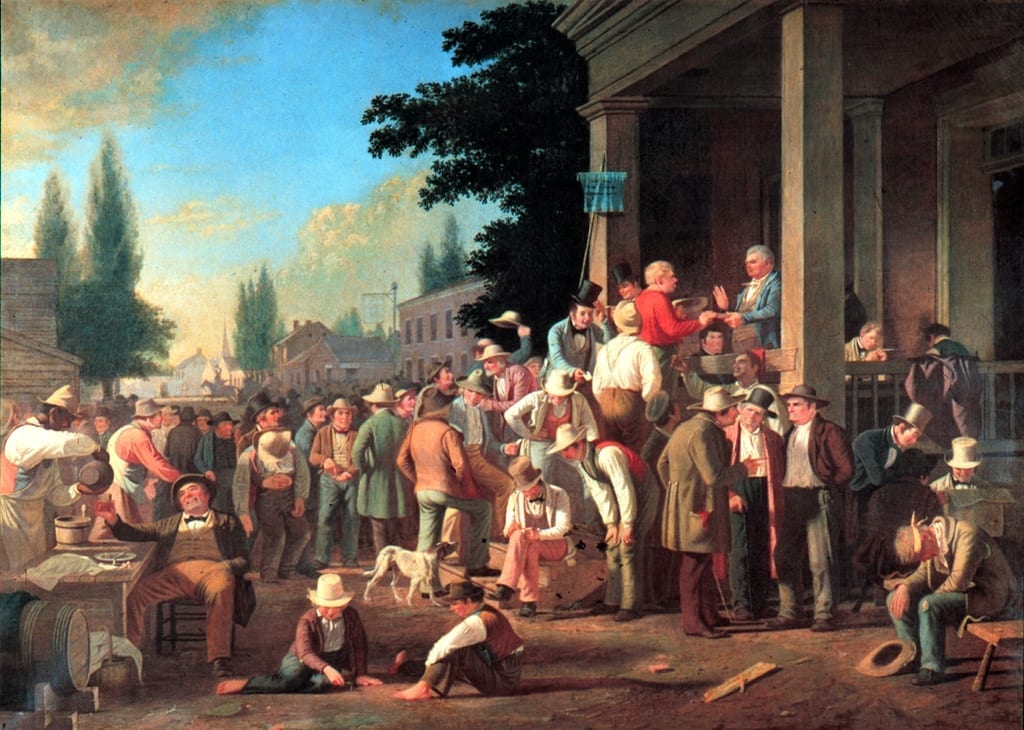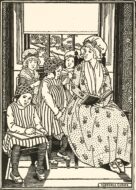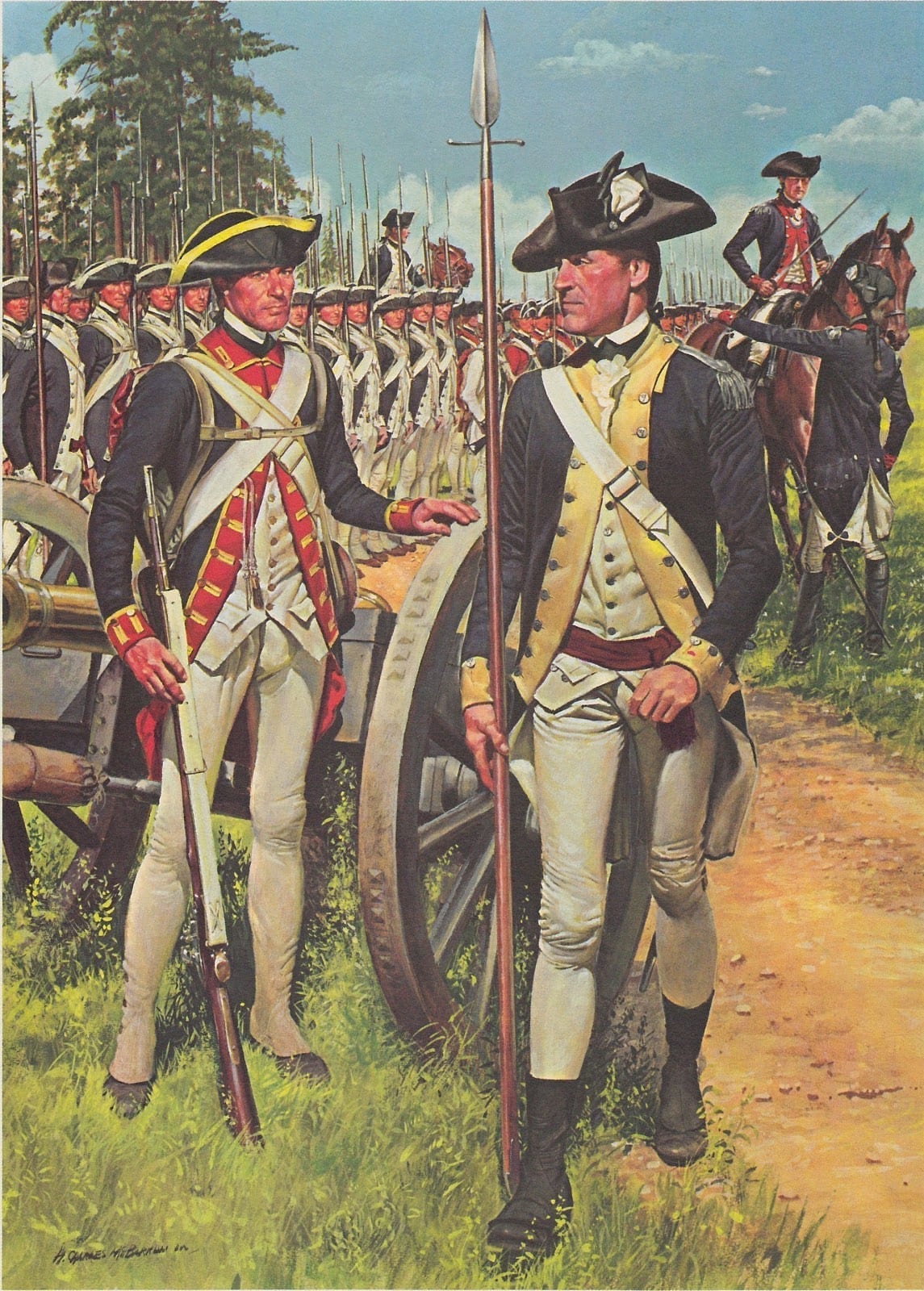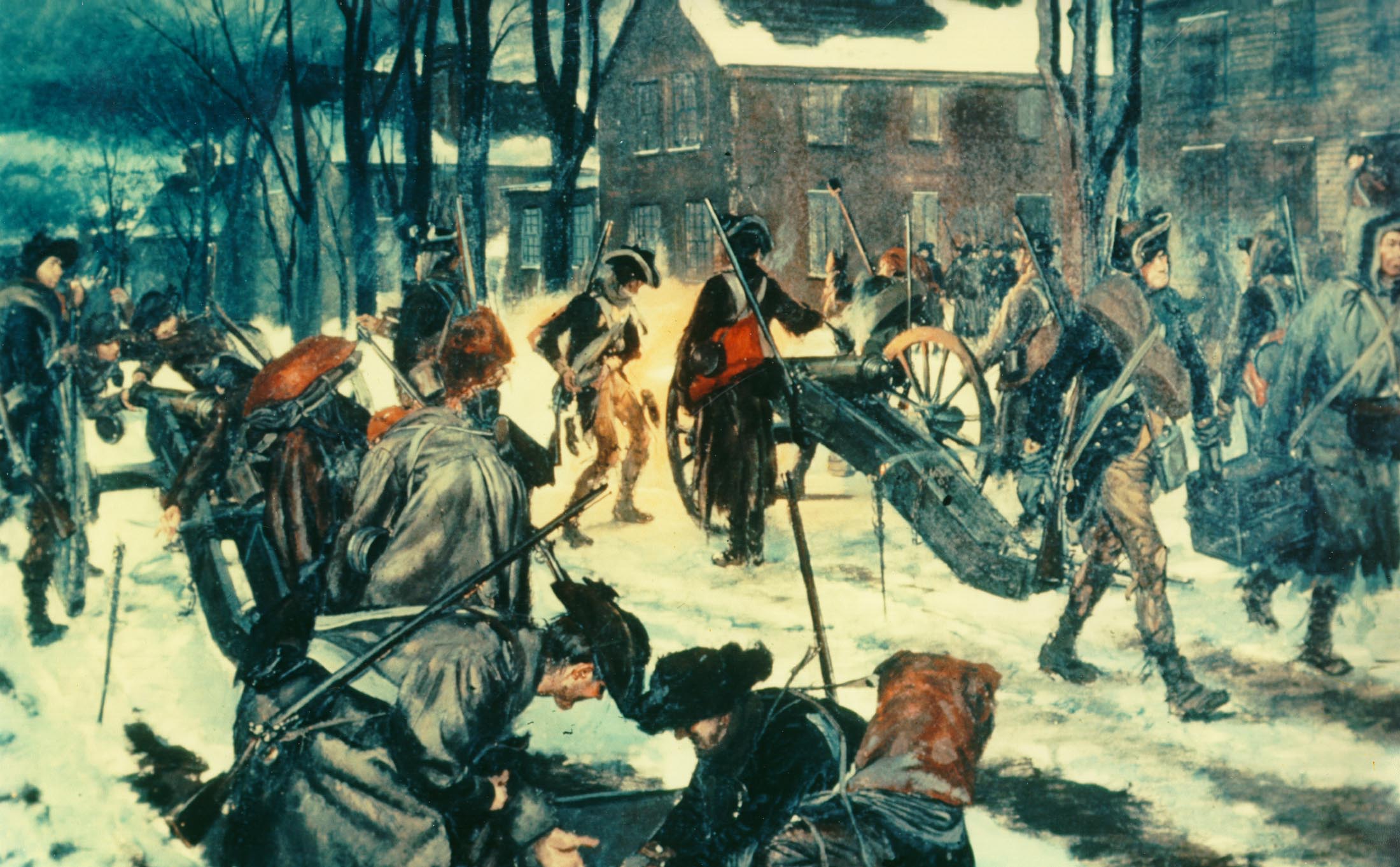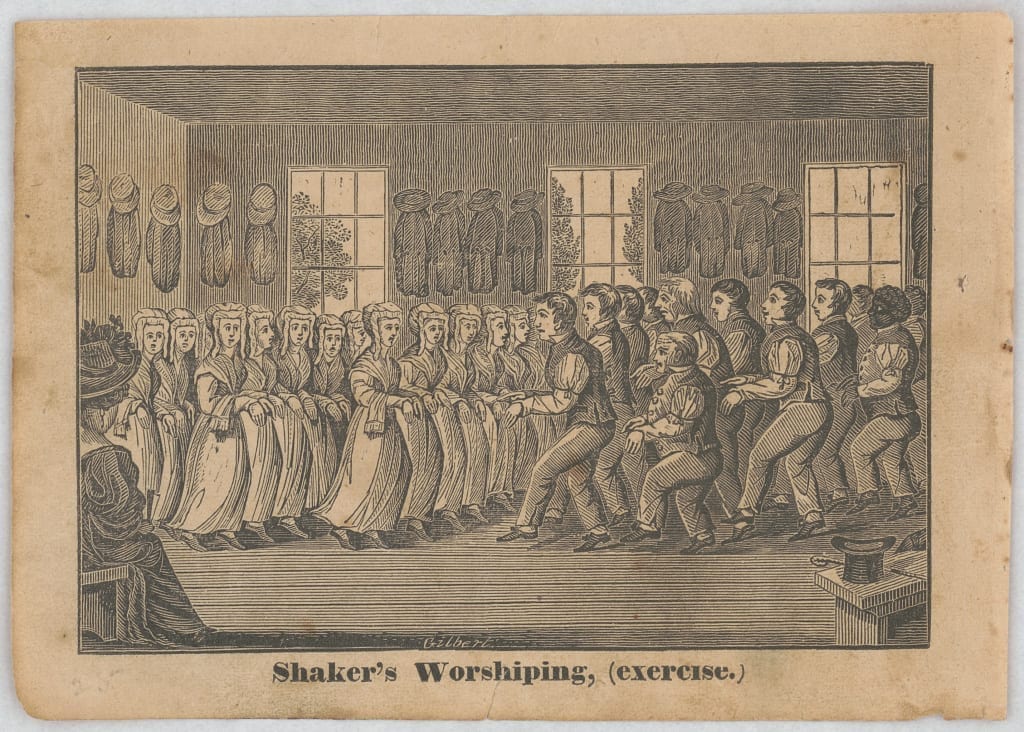
No study questions
No related resources
Chapter 7
Of Political or Civil Society
77. GOD, having made man such a creature that, in His own judgment, it was not good for him to be alone, put him under strong obligations of necessity, convenience, and inclination, to drive him into society, as well as fitted him with understanding and language to continue and enjoy it. The first society was between man and wife, which gave beginning to that between parents and children, to which, in time, that between master and servant came to be added. And though all these might, and commonly did, meet together, and make up but one family, wherein the master or mistress of it had some sort of rule proper to a family, each of these, or all together, came short of “political society,” as we shall see if we consider the different ends, ties, and bounds of each of these.
78. Conjugal society is made by a voluntary compact between man and woman, and though it consist chiefly in such a communion and right in one another’s bodies as is necessary to its chief end, procreation, yet it draws with it mutual support and assistance, and a communion of interests too, as necessary not only to unite their care and affection, but also necessary to their common offspring, who have a right to be nourished and maintained by them till they are able to provide for themselves.
79. For the end of conjunction between male and female being not barely procreation, but the continuation of the species, this conjunction betwixt male and female ought to last, even after procreation, so long as is necessary to the nourishment and support of the young ones, who are to be sustained by those that got them till they are able to shift and provide for themselves. This rule, which the infinite wise Maker hath set to the works of His hands, we find the inferior creatures steadily obey. In those vivaporous animals which feed on grass the conjunction between male and female lasts no longer than the very act of copulation, because the teat of the dam being sufficient to nourish the young till it be able to feed on grass. the male only begets, but concerns not himself for the female or young, to whose sustenance he can contribute nothing. But in beasts of prey the conjunction lasts longer because the dam, not being able well to subsist herself and nourish her numerous offspring by her own prey alone (a more laborious as well as more dangerous way of living than by feeding on grass), the assistance of the male is necessary to the maintenance of their common family, which cannot subsist till they are able to prey for themselves, but by the joint care of male and female. The same is observed in all birds (except some domestic ones, where plenty of food excuses the cock from feeding and taking care of the young brood), whose young, needing food in the nest, the cock and hen continue mates till the young are able to use their wings and provide for themselves.
80. And herein, I think, lies the chief, if not the only reason, why the male and female in mankind are tied to a longer conjunction than other creatures- viz., because the female is capable of conceiving, and, de facto, is commonly with child again, and brings forth too a new birth, long before the former is out of a dependency for support on his parents’ help and able to shift for himself and has all the assistance due to him from his parents, whereby the father, who is bound to take care for those he hath begot, is under an obligation to continue in conjugal society with the same woman longer than other creatures, whose young, being able to subsist of themselves before the time of procreation returns again, the conjugal bond dissolves of itself, and they are at liberty till Hymen, at his usual anniversary season, summons them again to choose new mates. Wherein one cannot but admire the wisdom of the great Creator, who, having given to man an ability to lay up for the future as well as supply the present necessity, hath made it necessary that society of man and wife should be more lasting than of male and female amongst other creatures, that so their industry might be encouraged, and their interest better united, to make provision and lay up goods for their common issue, which uncertain mixture, or easy and frequent solutions of conjugal society, would mightily disturb.
81. But though these are ties upon mankind which make the conjugal bonds more firm and lasting in a man than the other species of animals, yet it would give one reason to inquire why this compact, where procreation and education are secured and inheritance taken care for, may not be made determinable, either by consent, or at a certain time, or upon certain conditions, as well as any other voluntary compacts, there being no necessity, in the nature of the thing, nor to the ends of it, that it should always be for life- I mean, to such as are under no restraint of any positive law which ordains all such contracts to be perpetual.
82. But the husband and wife, though they have but one common concern, yet having different understandings, will unavoidably sometimes have different wills too. It therefore being necessary that the last determination (i.e., the rule) should be placed somewhere, it naturally falls to the man’s share as the abler and the stronger. But this, reaching but to the things of their common interest and property, leaves the wife in the full and true possession of what by contract is her peculiar right, and at least gives the husband no more power over her than she has over his life; the power of the husband being so far from that of an absolute monarch that the wife has, in many cases, a liberty to separate from him where natural right or their contract allows it, whether that contract be made by themselves in the state of Nature or by the customs or laws of the country they live in, and the children, upon such separation, fall to the father or mother’s lot as such contract does determine.
83. For all the ends of marriage being to be obtained under politic government, as well as in the state of Nature, the civil magistrate doth not abridge the right or power of either, naturally necessary to those ends- viz., procreation and mutual support and assistance whilst they are together, but only decides any controversy that may arise between man and wife about them. If it were otherwise, and that absolute sovereignty and power of life and death naturally belonged to the husband, and were necessary to the society between man and wife, there could be no matrimony in any of these countries where the husband is allowed no such absolute authority. But the ends of matrimony requiring no such power in the husband, it was not at all necessary to it. The condition of conjugal society put it not in him; but whatsoever might consist with procreation and support of the children till they could shift for themselves- mutual assistance, comfort, and maintenance- might be varied and regulated by that contract which first united them in that society, nothing being necessary to any society that is not necessary to the ends for which it is made.
84. The society betwixt parents and children, and the distinct rights and powers belonging respectively to them, I have treated of so largely in the foregoing chapter that I shall not here need to say anything of it; and I think it is plain that it is far different from a politic society.
85. Master and servant are names as old as history, but given to those of far different condition; for a free man makes himself a servant to another by selling him for a certain time the service he undertakes to do in exchange for wages he is to receive; and though this commonly puts him into the family of his master, and under the ordinary discipline thereof, yet it gives the master but a temporary power over him, and no greater than what is contained in the contract between them. But there is another sort of servant which by a peculiar name we call slaves, who being captives taken in a just war are, by the right of Nature, subjected to the absolute dominion and arbitrary power of their masters. These men having, as I say, forfeited their lives and, with it, their liberties, and lost their estates, and being in the state of slavery, not capable of any property, cannot in that state be considered as any part of civil society, the chief end whereof is the preservation of property.
86. Let us therefore consider a master of a family with all these subordinate relations of wife, children, servants and slaves, united under the domestic rule of a family, with what resemblance soever it may have in its order, offices, and number too, with a little commonwealth, yet is very far from it both in its constitution, power, and end; or if it must be thought a monarchy, and the paterfamilias the absolute monarch in it, absolute monarchy will have but a very shattered and short power, when it is plain by what has been said before, that the master of the family has a very distinct and differently limited power both as to time and extent over those several persons that are in it; for excepting the slave (and the family is as much a family, and his power as paterfamilias as great, whether there be any slaves in his family or no) he has no legislative power of life and death over any of them, and none too but what a mistress of a family may have as well as he. And he certainly can have no absolute power over the whole family who has but a very limited one over every individual in it. But how a family, or any other society of men, differ from that which is properly political society, we shall best see by considering wherein political society itself consists.
87. Man being born, as has been proved, with a title to perfect freedom and an uncontrolled enjoyment of all the rights and privileges of the law of Nature, equally with any other man, or number of men in the world, hath by nature a power not only to preserve his property- that is, his life, liberty, and estate, against the injuries and attempts of other men, but to judge of and punish the breaches of that law in others, as he is persuaded the offence deserves, even with death itself, in crimes where the heinousness of the fact, in his opinion, requires it. But because no political society can be, nor subsist, without having in itself the power to preserve the property, and in order thereunto punish the offences of all those of that society, there, and there only, is political society where every one of the members hath quitted this natural power, resigned it up into the hands of the community in all cases that exclude him not from appealing for protection to the law established by it. And thus all private judgment of every particular member being excluded, the community comes to be umpire, and by understanding indifferent rules and men authorised by the community for their execution, decides all the differences that may happen between any members of that society concerning any matter of right, and punishes those offences which any member hath committed against the society with such penalties as the law has established; whereby it is easy to discern who are, and are not, in political society together. Those who are united into one body, and have a common established law and judicature to appeal to, with authority to decide controversies between them and punish offenders, are in civil society one with another; but those who have no such common appeal, I mean on earth, are still in the state of Nature, each being where there is no other, judge for himself and executioner; which is, as I have before showed it, the perfect state of Nature.
88. And thus the commonwealth comes by a power to set down what punishment shall belong to the several transgressions they think worthy of it, committed amongst the members of that society (which is the power of making laws), as well as it has the power to punish any injury done unto any of its members by any one that is not of it (which is the power of war and peace); and all this for the preservation of the property of all the members of that society, as far as is possible. But though every man entered into society has quitted his power to punish offences against the law of Nature in prosecution of his own private judgment, yet with the judgment of offences which he has given up to the legislative, in all cases where he can appeal to the magistrate, he has given up a right to the commonwealth to employ his force for the execution of the judgments of the commonwealth whenever he shall be called to it, which, indeed, are his own judgements, they being made by himself or his representative. And herein we have the original of the legislative and executive power of civil society, which is to judge by standing laws how far offences are to be punished when committed within the commonwealth; and also by occasional judgments founded on the present circumstances of the fact, how far injuries from without are to be vindicated, and in both these to employ all the force of all the members when there shall be need.
89. Wherever, therefore, any number of men so unite into one society as to quit every one his executive power of the law of Nature, and to resign it to the public, there and there only is a political or civil society. And this is done wherever any number of men, in the state of Nature, enter into society to make one people one body politic under one supreme government: or else when any one joins himself to, and incorporates with any government already made. For hereby he authorises the society, or which is all one, the legislative thereof, to make laws for him as the public good of the society shall require, to the execution whereof his own assistance (as to his own decrees) is due. And this puts men out of a state of Nature into that of a commonwealth, by setting up a judge on earth with authority to determine all the controversies and redress the injuries that may happen to any member of the commonwealth, which judge is the legislative or magistrates appointed by it. And wherever there are any number of men, however associated, that have no such decisive power to appeal to, there they are still in the state of Nature.
90. And hence it is evident that absolute monarchy, which by some men is counted for the only government in the world, is indeed inconsistent with civil society, and so can be not form of civil government at all. For the end of civil society being to avoid and remedy those inconveniences of the state of Nature which necessarily follow from every man’s being judge in his own case, by setting up a known authority to which every one of that society may appeal upon any injury received, or controversy that may arise, and which every one of the society ought to obey. * Wherever any persons are who have not such an authority to appeal to, and decide any difference between them there, those persons are still in the state of Nature. And so is every absolute prince in respect of those who are under his dominion.
91. For he being supposed to have all, both legislative and executive, power in himself alone, there is no judge to be found, no appeal lies open to any one, who may fairly and indifferently, and with authority decide, and from whence relief and redress may be expected of any injury or inconveniency that may be suffered from him, or by his order. So that such a man, however entitled, Czar, or Grand Signior, or how you please, is as much in the state of Nature, with all under his dominion, as he is with the rest of mankind. For wherever any two men are, who have no standing rule and common judge to appeal to on earth, for the determination of controversies of right betwixt them, there they are still in the state of Nature, and under all the inconveniencies of it, with only this woeful difference to the subject, or rather slave of an absolute prince. * That whereas, in the ordinary state of Nature, he has a liberty to judge of his right, according to the best of his power to maintain it; but whenever his property is invaded by the will and order of his monarch, he has not only no appeal, as those in society ought to have, but, as if he were degraded from the common state of rational creatures, is denied a liberty to judge of, or defend his right, and so is exposed to all the misery and inconveniencies that a man can fear from one, who being in the unrestrained state of Nature, is yet corrupted with flattery and armed with power.
92. For he that thinks absolute power purifies men’s blood, and corrects the baseness of human nature, need read but the history of this, or any other age, to be convinced to the contrary. He that would have been insolent and injurious in the woods of America would not probably be much better on a throne, where perhaps learning and religion shall be found out to justify all that he shall do to his subjects, and the sword presently silence all those that dare question it. For what the protection of absolute monarchy is, what kind of fathers of their countries it makes princes to be, and to what a degree of happiness and security it carries civil society, where this sort of government is grown to perfection, he that will look into the late relation of Ceylon may easily see.
93. In absolute monarchies, indeed, as well as other governments of the world, the subjects have an appeal to the law, and judges to decide any controversies, and restrain any violence that may happen betwixt the subjects themselves, one amongst another. This every one thinks necessary, and believes; he deserves to be thought a declared enemy to society and mankind who should go about to take it away. But whether this be from a true love of mankind and society, and such a charity as we owe all one to another, there is reason to doubt. For this is no more than what every man, who loves his own power, profit, or greatness, may, and naturally must do, keep those animals from hurting or destroying one another who labour and drudge only for his pleasure and advantage; and so are taken care of, not out of any love the master has for them, but love of himself, and the profit they bring him. For if it be asked what security, what fence is there in such a state against the violence and oppression of this absolute ruler, the very question can scarce be borne. They are ready to tell you that it deserves death only to ask after safety. Betwixt subject and subject, they will grant, there must be measures, laws, and judges for their mutual peace and security. But as for the ruler, he ought to be absolute, and is above all such circumstances; because he has a power to do more hurt and wrong, it is right when he does it. To ask how you may be guarded from or injury on that side, where the strongest hand is to do it, is presently the voice of faction and rebellion. As if when men, quitting the state of Nature, entered into society, they agreed that all of them but one should be under the restraint of laws; but that he should still retain all the liberty of the state of Nature, increased with power, and made licentious by impunity. This is to think that men are so foolish that they take care to avoid what mischiefs may be done them by polecats or foxes, but are content, nay, think it safety, to be devoured by lions.
94. But, whatever flatterers may talk to amuse people’s understandings, it never hinders men from feeling; and when they perceive that any man, in what station soever, is out of the bounds of the civil society they are of, and that they have no appeal, on earth, against any harm they may receive from him, they are apt to think themselves in the state of Nature, in respect of him whom they find to be so; and to take care, as soon as they can, to have that safety and security, in civil society, for which it was first instituted, and for which only they entered into it. And therefore, though perhaps at first, as shall be showed more at large hereafter, in the following part of this discourse, some one good and excellent man having got a pre-eminency amongst the rest, had this deference paid to his goodness and virtue, as to a kind of natural authority, that the chief rule, with arbitration of their differences, by a tacit consent devolved into his hands, without any other caution but the assurance they had of his uprightness and wisdom; yet when time giving authority, and, as some men would persuade us, sacredness to customs, which the negligent and unforeseeing innocence of the first ages began, had brought in successors of another stamp, the people finding their properties not secure under the government as then it was* (whereas government has no other end but the preservation of property), could never be safe, nor at rest, nor think themselves in civil society, till the legislative was so placed in collective bodies of men, call them senate, parliament, or what you please, by which means every single person became subject equally with other the meanest men, to those laws, which he himself, as part of the legislative, had established; nor could any one, by his own authority, avoid the force of the law, when once made, nor by any pretence of superiority plead exemption, thereby to license his own, or the miscarriages of any of his dependants. No man in civil society can be exempted from the laws of it. For if any man may do what he thinks fit and there be no appeal on earth for redress or security against any harm he shall do, I ask whether he be not perfectly still in the state of Nature, and so can be no part or member of that civil society, unless any one will say the state of Nature and civil society are one and the same thing, which I have never yet found any one so great a patron of anarchy as to affirm. *
Chapter 8
Of the Beginning of Political Societies
95. MEN being, as has been said, by nature all free, equal, and independent, no one can be put out of this estate and subjected to the political power of another without his own consent, which is done by agreeing with other men, to join and unite into a community for their comfortable, safe, and peaceable living, one amongst another, in a secure enjoyment of their properties, and a greater security against any that are not of it. This any number of men may do, because it injures not the freedom of the rest; they are left, as they were, in the liberty of the state of Nature. When any number of men have so consented to make one community or government, they are thereby presently incorporated, and make one body politic, wherein the majority have a right to act and conclude the rest.
96. For, when any number of men have, by the consent of every individual, made a community, they have thereby made that community one body, with a power to act as one body, which is only by the will and determination of the majority. For that which acts any community, being only the consent of the individuals of it, and it being one body, must move one way, it is necessary the body should move that way whither the greater force carries it, which is the consent of the majority, or else it is impossible it should act or continue one body, one community, which the consent of every individual that united into it agreed that it should; and so every one is bound by that consent to be concluded by the majority. And therefore we see that in assemblies empowered to act by positive laws where no number is set by that positive law which empowers them, the act of the majority passes for the act of the whole, and of course determines as having, by the law of Nature and reason, the power of the whole.
97. And thus every man, by consenting with others to make one body politic under one government, puts himself under an obligation to every one of that society to submit to the determination of the majority, and to be concluded by it; or else this original compact, whereby he with others incorporates into one society, would signify nothing, and be no compact if he be left free and under no other ties than he was in before in the state of Nature. For what appearance would there be of any compact? What new engagement if he were no farther tied by any decrees of the society than he himself thought fit and did actually consent to? This would be still as great a liberty as he himself had before his compact, or any one else in the state of Nature, who may submit himself and consent to any acts of it if he thinks fit.
98. For if the consent of the majority shall not in reason be received as the act of the whole, and conclude every individual, nothing but the consent of every individual can make anything to be the act of the whole, which, considering the infirmities of health and avocations of business, which in a number though much less than that of a commonwealth, will necessarily keep many away from the public assembly; and the variety of opinions and contrariety of interests which unavoidably happen in all collections of men, it is next impossible ever to be had. And, therefore, if coming into society be upon such terms, it will be only like Cato’s coming into the theatre, tantum ut exiret. Such a constitution as this would make the mighty leviathan of a shorter duration than the feeblest creatures, and not let it outlast the day it was born in, which cannot be supposed till we can think that rational creatures should desire and constitute societies only to be dissolved. For where the majority cannot conclude the rest, there they cannot act as one body, and consequently will be immediately dissolved again.
99. Whosoever, therefore, out of a state of Nature unite into a community, must be understood to give up all the power necessary to the ends for which they unite into society to the majority of the community, unless they expressly agreed in any number greater than the majority. And this is done by barely agreeing to unite into one political society, which is all the compact that is, or needs be, between the individuals that enter into or make up a commonwealth. And thus, that which begins and actually constitutes any political society is nothing but the consent of any number of freemen capable of majority, to unite and incorporate into such a society. And this is that, and that only, which did or could give beginning to any lawful government in the world.
100. To this I find two objections made: 1. That there are no instances to be found in story of a company of men, independent and equal one amongst another, that met together, and in this way began and set up a government. 2. It is impossible of right that men should do so, because all men, being born under government, they are to submit to that, and are not at liberty to begin a new one.
101. To the first there is this to answer: That it is not at all to be wondered that history gives us but a very little account of men that lived together in the state of Nature. The inconveniencies of that condition, and the love and want of society, no sooner brought any number of them together, but they presently united and in corporated if they designed to continue together. And if we may not suppose men ever to have been in the state of Nature, because we hear not much of them in such a state, we may as well suppose the armies of Salmanasser or Xerxes were never children, because we hear little of them till they were men and embodied in armies. Government is everywhere antecedent to records, and letters seldom come in amongst a people till a long continuation of civil society has, by other more necessary arts, provided for their safety, ease, and plenty. And then they begin to look after the history of their founders, and search into their original when they have outlived the memory of it. For it is with commonwealths as with particular persons, they are commonly ignorant of their own births and infancies; and if they know anything of it, they are beholding for it to the accidental records that others have kept of it. And those that we have of the beginning of any polities in the world, excepting that of the Jews, where God Himself immediately interposed, and which favours not at all paternal dominion, are all either plain instances of such a beginning as I have mentioned, or at least have manifest footsteps of it.
102. He must show a strange inclination to deny evident matter of fact, when it agrees not with his hypothesis, who will not allow that the beginning of Rome and Venice were by the uniting together of several men, free and independent one of another, amongst whom there was no natural superiority or subjection. And if Josephus Acosta’s word may be taken, he tells us that in many parts of America there was no government at all. “There are great and apparent conjectures,” says he, “that these men [speaking of those of Peru] for a long time had neither kings nor commonwealths, but lived in troops, as they do this day in Florida- the Cheriquanas, those of Brazil, and many other nations, which have no certain kings, but, as occasion is offered in peace or war, they choose their captains as they please” (lib. i. cap. 25). If it be said, that every man there was born subject to his father, or the head of his family. that the subjection due from a child to a father took away not his freedom of uniting into what political society he thought fit, has been already proved; but be that as it will, these men, it is evident, were actually free; and whatever superiority some politicians now would place in any of them, they themselves claimed it not; but, by consent, were all equal, till, by the same consent, they set rulers over themselves. So that their politic societies all began from a voluntary union, and the mutual agreement of men freely acting in the choice of their governors and forms of government.
103. And I hope those who went away from Sparta, with Palantus, mentioned by Justin, will be allowed to have been freemen independent one of another, and to have set up a government over themselves by their own consent. Thus I have given several examples out of history of people, free and in the state of Nature, that, being met together, incorporated and began a commonwealth. And if the want of such instances be an argument to prove that government were not nor could not be so begun, I suppose the contenders for paternal empire were better let it alone than urge it against natural liberty; for if they can give so many instances out of history of governments begun upon paternal right, I think (though at least an argument from what has been to what should of right be of no great force) one might, without any great danger, yield them the cause. But if I might advise them in the case, they would do well not to search too much into the original of governments as they have begun de facto, lest they should find at the foundation of most of them something very little favourable to the design they promote, and such a power as they contend for.
104. But, to conclude: reason being plain on our side that men are naturally free; and the examples of history showing that the governments of the world, that were begun in peace, had their beginning laid on that foundation, and were made by the consent of the people; there can be little room for doubt, either where the right is, or what has been the opinion or practice of mankind about the first erecting of governments.
105. I will not deny that if we look back, as far as history will direct us, towards the original of commonwealths, we shall generally find them under the government and administration of one man. And I am also apt to believe that where a family was numerous enough to subsist by itself, and continued entire together, without mixing with others, as it often happens, where there is much land and few people, the government commonly began in the father. For the father having, by the law of Nature, the same power, with every man else, to punish, as he thought fit, any offences against that law, might thereby punish his transgressing children, even when they were men, and out of their pupilage; and they were very likely to submit to his punishment, and all join with him against the offender in their turns, giving him thereby power to execute his sentence against any transgression, and so, in effect, make him the law-maker and governor over all that remained in conjunction with his family. He was fittest to be trusted; paternal affection secured their property and interest under his care, and the custom of obeying him in their childhood made it easier to submit to him rather than any other. If, therefore, they must have one to rule them, as government is hardly to be avoided amongst men that live together, who so likely to be the man as he that was their common father, unless negligence, cruelty, or any other defect of mind or body, made him unfit for it? But when either the father died. and left his next heir- for want of age, wisdom, courage, or any other qualities- less fit for rule, or where several families met and consented to continue together, there, it is not to be doubted, but they used their natural freedom to set up him whom they judged the ablest and most likely to rule well over them. Conformable hereunto we find the people of America, who- living out of the reach of the conquering swords and spreading domination of the two great empires of Peru and Mexico- enjoyed their own natural freedom, though, caeteris paribus, they commonly prefer the heir of their deceased king; yet, if they find him any way weak or incapable, they pass him by, and set up the stoutest and bravest man for their ruler.
106. Thus, though looking back as far as records give us any account of peopling the world, and the history of nations, we commonly find the government to be in one hand, yet it destroys not that which I affirm- viz., that the beginning of politic society depends upon the consent of the individuals to join into and make one society, who, when they are thus incorporated, might set up what form of government they thought fit. But this having given occasion to men to mistake and think that, by Nature, government was monarchical, and belonged to the father, it may not be amiss here to consider why people, in the beginning, generally pitched upon this form, which, though perhaps the father’s pre-eminency might, in the first institution of some commonwealths, give a rise to and place in the beginning the power in one hand, yet it is plain that the reason that continued the form of government in a single person was not any regard or respect to paternal authority, since all petty monarchies’ that is, almost all monarchies, near their original, have been commonly, at least upon occasion, elective.
107. First, then, in the beginning of things, the father’s government of the childhood of those sprung from him having accustomed them to the rule of one man, and
taught them that where it was exercised with care and skill, with affection and love to those under it, it was sufficient to procure and preserve men (all the political happiness they sought for in society), it was no wonder that they should pitch upon and naturally run into that form of government which, from their infancy, they had been all accustomed to, and which, by experience, they had found both easy and safe. To which if we add, that monarchy being simple and most obvious to men, whom neither experience had instructed in forms of government, nor the ambition or insolence of empire had taught to beware of the encroachments of prerogative or the inconveniencies of absolute power, which monarchy, in succession, was apt to lay claim to and bring upon them; it was not at all strange that they should not much trouble themselves to think of methods of restraining any exorbitances of those to whom they had given the authority over them, and of balancing the power of government by placing several parts of it in different hands. They had neither felt the oppression of tyrannical dominion, nor did the fashion of the age, nor their possessions or way of living, which afforded little matter for covetousness or ambition, give them any reason to apprehend or provide against it; and, therefore, it is no wonder they put themselves into such a frame of government as was not only, as I said, most obvious and simple, but also best suited to their present state and condition, which stood more in need of defence against foreign invasions and injuries than of multiplicity of laws where there was but very little property, and wanted not variety of rulers and abundance of officers to direct and look after their execution where there were but few trespassers and few offenders. Since, then, those who liked one another so well as to join into society cannot but be supposed to have some acquaintance and friendship together, and some trust one in another, they could not but have greater apprehensions of others than of one another; and, therefore, their first care and thought cannot but be supposed to be, how to secure themselves against foreign force. It was natural for them to put themselves under a frame of government which might best serve to that end, and choose the wisest and bravest man to conduct them in their wars and lead them out against their enemies, and in this chiefly be their ruler.
108. Thus we see that the kings of the Indians, in America, which is still a pattern of the first ages in Asia and Europe, whilst the inhabitants were too few for the country, and want of people and money gave men no temptation to enlarge their possessions of land or contest for wider extent of ground, are little more than generals of their armies; and though they command absolutely in war, yet at home, and in time of peace, they exercise very little dominion, and have but a very moderate sovereignty, the resolutions of peace and war being ordinarily either in the people or in a council, though the war itself, which admits not of pluralities of governors, naturally evolves the command into the king’s sole authority.
109. And thus, in Israel itself, the chief business of their judges and first kings seems to have been to be captains in war and leaders of their armies, which (besides what is signified by “going out and in before the people,” which was, to march forth to war and home again at the heads of their forces) appears plainly in the story of Jephtha. The Ammonites making war upon Israel, the Gileadites, in fear, send to Jephtha, a bastard of their family, whom they had cast off, and article with him, if he will assist them against the Ammonites, to make him their ruler, which they do in these words: “And the people made him head and captain over them” (Judges 11. 11), which was, as it seems, all one as to be judge. “And he judged Israel” (Judges 12. 7)- that is, was their captain-general- “six years.” So when Jotham upbraids the Shechemites with the obligation they had to Gideon, who had been their judge and ruler, he tells them: “He fought for you, and adventured his life for, and delivered you out of the hands of Midian” (Judges 9. 17). Nothing mentioned of him but what he did as a general, and, indeed, that is all is found in his history, or in any of the rest of the judges. And Abimelech particularly is called king, though at most he was but their general. And when, being weary of the ill-conduct of Samuel’s sons, the children of Israel desired a king, “like all the nations, to judge them, and to go out before them, and to fight their battles” (1 Sam. 8. 20), God, granting their desire, says to Samuel, “I will send thee a man, and thou shalt anoint him to be captain over my people Israel, that he may save my people out of the hands of the Philistines” (ch. 9. 16). As if the only business of a king had been to lead out their armies and fight in their defence; and, accordingly, at his inauguration, pouring a vial of oil upon him, declares to Saul that “the Lord had anointed him to be captain over his inheritance” (ch. 10. 1). And therefore those who, after Saul being solemnly chosen and saluted king by the tribes at Mispah, were unwilling to have him their king, make no other objection but this, “How shall this man save us?” (ch. 10. 27), as if they should have said: “This man is unfit to be our king, not having skill and conduct enough in war to be able to defend us.” And when God resolved to transfer the government to David, it is in these words: “But now thy kingdom shall not continue: the Lord hath sought Him a man after His own heart, and the Lord hath commanded him to be captain over His people” (ch. 13. 14.). As if the whole kingly authority were nothing else but to be their general; and therefore the tribes who had stuck to Saul’s family, and opposed David’s reign, when they came to Hebron with terms of submission to him, they tell him, amongst other arguments, they had to submit to him as to their king, that he was, in effect, their king in Saul’s time, and therefore they had no reason but to receive him as their
king now. “Also,” say they, “in time past, when Saul was king over us, thou wast he that leddest out and broughtest in Israel, and the Lord said unto thee, Thou shalt feed my people Israel, and thou shalt be a captain over Israel.”
110. Thus, whether a family, by degrees, grew up into a commonwealth, and the fatherly authority being continued on to the elder son, every one in his turn growing up under it tacitly submitted to it, and the easiness and equality of it not offending any one, every one acquiesced till time seemed to have confirmed it and settled a right of succession by prescription; or whether several families, or the descendants of several families, whom chance, neighbourhood, or business brought together, united into society; the need of a general whose conduct might defend them against their enemies in war, and the great confidence the innocence and sincerity of that poor but virtuous age, such as are almost all those which begin governments that ever come to last in the world, gave men one of another, made the first beginners of commonwealths generally put the rule into one man’s hand, without any other express limitation or restraint but what the nature of the thing and the end of government required. It was given them for the public good and safety, and to those ends, in the infancies of commonwealths, they commonly used it; and unless they had done so, young societies could not have subsisted. Without such nursing fathers, without this care of the governors, all governments would have sunk under the weakness and infirmities of their infancy, the prince and the people had soon perished together.
111. But the golden age (though before vain ambition, and amor sceleratus habendi, evil concupiscence had corrupted men’s minds into a mistake of true power and honour) had more virtue, and consequently better governors, as well as less vicious subjects; and there was then no stretching prerogative on the one side to oppress the people, nor, consequently, on the other, any dispute about privilege, to lessen or restrain the power of the magistrate; and so no contest betwixt rulers and people about governors or government. * Yet, when ambition and luxury, in future ages, would retain and increase the power, without doing the business for which it was given, and aided by flattery, taught princes to have distinct and separate interests from their people, men found it necessary to examine more carefully the original and rights of government, and to find out ways to restrain the exorbitances and prevent the abuses of that power, which they having entrusted in another’s hands, only for their own good, they found was made use of to hurt them.
112. Thus we may see how probable it is that people that were naturally free, and, by their own consent, either submitted to the government of their father, or united together, out of different families, to make a government, should generally put the rule into one man’s hands, and choose to be under the conduct of a single person, without so much, as by express conditions, limiting or regulating his power, which they thought safe enough in his honesty and prudence; though they never dreamed of monarchy being jure Divino, which we never heard of among mankind till it was revealed to us by the divinity of this last age, nor ever allowed paternal power to have a right to dominion or to be the foundation of all government. And thus much may suffice to show that, as far as we have any light from history, we have reason to conclude that all peaceful beginnings of government have been laid in the consent of the people. I say “peaceful,” because I shall have occasion, in another place, to speak of conquest, which some esteem a way of beginning of governments.
The other objection, I find, urged against the beginning of polities, in the way I have mentioned, is this, viz.:
113. “That all men being born under government, some or other, it is impossible any of them should ever be free and at liberty to unite together and begin a new one, or ever be able to erect a lawful government.” If this argument be good, I ask, How came so many lawful monarchies into the world? For if anybody, upon this supposition, can show me any one man, in any age of the world, free to begin a lawful monarchy, I will be bound to show him ten other free men at liberty, at the same time, to unite and begin a new government under a regal or any other form. It being demonstration that if any one born under the dominion of another may be so free as to have a right to command others in a new and distinct empire, every one that is born under the dominion of another may be so free too, and may become a ruler or subject of a distinct separate government. And so, by this their own principle, either all men, however born, are free, or else there is but one lawful prince, one lawful government in the world; and then they have nothing to do but barely to show us which that is, which, when they have done, I doubt not but all mankind will easily agree to pay obedience to him.
114. Though it be a sufficient answer to their objection to show that it involves them in the same difficulties that it doth those they use it against, yet I shall endeavour to discover the weakness of this argument a little farther.
“All men,” say they, “are born under government, and therefore they cannot be at liberty to begin a new one. Every one is born a subject to his father or his prince, and is therefore under the perpetual tie of subjection and allegiance.” It is plain mankind never owned nor considered any such natural subjection that they were born in, to one or to the other, that tied them, without their own consents, to a subjection to them and their heirs.
115. For there are no examples so frequent in history, both sacred and profane, as those of men withdrawing themselves and their obedience from the jurisdiction they were born under, and the family or community they were bred up in, and setting up new governments in other places, from whence sprang all that number of petty commonwealths in the beginning of ages, and which always multiplied as long as there was room enough, till the stronger or more fortunate swallowed the weaker; and those great ones, again breaking to pieces, dissolved into lesser dominions; all which are so many testimonies against paternal sovereignty, and plainly prove that it was not the natural right of the father descending to his heirs that made governments in the beginning; since it was impossible, upon that ground, there should have been so many little kingdoms but only one universal monarchy if men had not been at liberty to separate themselves from their families and their government, be it what it will that was set up in it, and go and make distinct commonwealths and other governments as they thought fit.
116. This has been the practice of the world from its first beginning to this day; nor is it now any more hindrance to the freedom of mankind, that they are born under constituted and ancient polities that have established laws and set forms of government, than if they were born in the woods amongst the unconfined inhabitants that run loose in them. For those who would persuade us that by being born under any government we are naturally subjects to it, and have no more any title or pretence to the freedom of the state of Nature, have no other reason (bating that of paternal power, which we have already answered) to produce for it, but only because our fathers or progenitors passed away their natural liberty, and thereby bound up themselves and their posterity to a perpetual subjection to the government which they themselves submitted to. It is true that whatever engagements or promises any one made for himself, he is under the obligation of them, but cannot by any compact whatsoever bind his children or posterity. For his son, when a man, being altogether as free as the father, any act of the father can no more give away the liberty of the son than it can of anybody else. He may, indeed, annex such conditions to the land he enjoyed, as a subject of any commonwealth, as may oblige his son to be of that community, if he will enjoy those possessions which were his father’s, because that estate being his father’s property, he may dispose or settle it as he
pleases.
117. And this has generally given the occasion to the mistake in this matter; because commonwealths not permitting any part of their dominions to be dismembered, nor to be enjoyed by any but those of their community, the son cannot ordinarily enjoy the possessions of his father but under the same terms his father did, by becoming a member of the society, whereby he puts himself presently under the government he finds there established, as much as any other subject of that commonweal. And thus the consent of free men, born under government, which only makes them members of it, being given separately in their turns, as each comes to be of age, and not in a multitude together, people take no notice of it, and thinking it not done at all, or not necessary, conclude they are naturally subjects as they are men.
118. But it is plain governments themselves understand it otherwise; they claim no power over the son because of that they had over the father; nor look on children as being their subjects, by their fathers being so. If a subject of England have a child by an Englishwoman in France, whose subject is he? Not the King of England’s; for he must have leave to be admitted to the privileges of it. Nor the King of France’s, for how then has his father a liberty to bring him away, and breed him as he pleases; and whoever was judged as a traitor or deserter, if he left, or warred against a country, for being barely born in it of parents that were aliens there? It is plain, then, by the practice of governments themselves, as well as by the law of right reason, that a child is born a subject of no country nor government. He is under his father’s tuition and authority till he come to age of discretion, and then he is a free man, at liberty what government he will put himself under, what body politic he will unite himself to. For if an Englishman’s son born in France be at liberty, and may do so, it is evident there is no tie upon him by his father being a subject of that kingdom, nor is he bound up by any compact of his ancestors; and why then hath not his son, by the same reason, the same liberty, though he be born anywhere else? Since the power that a father hath naturally over his children is the same wherever they be born, and the ties of natural obligations are not bounded by the positive limits of kingdoms and commonwealths.
119. Every man being, as has been showed, naturally free, and nothing being able to put him into subjection to any earthly power, but only his own consent, it is to be considered what shall be understood to be a sufficient declaration of a man’s consent to make him subject to the laws of any government. There is a common distinction of an express and a tacit consent, which will concern our present case. Nobody doubts but an express consent of any man, entering into any society, makes him a perfect member of that society, a subject of that government. The difficulty is, what ought to be looked upon as a tacit consent, and how far it binds- i.e., how far any one shall be looked on to have consented, and thereby submitted to any government, where he has made no expressions of it at all. And to this I say, that every man that hath any possession or enjoyment of any part of the dominions of any government doth hereby give his tacit consent, and is as far forth obliged to obedience to the laws of that government, during such enjoyment, as any one under it, whether this his possession be of land to him and his heirs for ever, or a lodging only for a week; or whether it be barely travelling freely on the highway; and, in effect, it reaches as far as the very being of any one within the territories of that government.
120. To understand this the better, it is fit to consider that every man when he at first incorporates himself into any commonwealth, he, by his uniting himself thereunto, annexes also, and submits to the community those possessions which he has, or shall acquire, that do not already belong to any other government. For it would be a direct contradiction for any one to enter into society with others for the securing and regulating of property, and yet to suppose his land, whose property is to be regulated by the laws of the society, should be exempt from the jurisdiction of that government to which he himself, and the property of the land, is a subject. By the same act, therefore, whereby any one unites his person, which was before free, to any commonwealth, by the same he unites his possessions, which were before free, to it also; and they become, both of them, person and possession, subject to the government and dominion of that commonwealth as long as it hath a being. Whoever therefore, from thenceforth, by inheritance, purchases permission, or otherwise enjoys any part of the land so annexed to, and under the government of that commonweal, must take it with the condition it is under- that is, of submitting to the government of the commonwealth, under whose jurisdiction it is, as far forth as any subject of it.
121. But since the government has a direct jurisdiction only over the land and reaches the possessor of it (before he has actually incorporated himself in the society) only as he dwells upon and enjoys that, the obligation any one is under by virtue of such enjoyment to submit to the government begins and ends with the enjoyment; so that whenever the owner, who has given nothing but such a tacit consent to the government will, by donation, sale or otherwise, quit the said possession, he is at liberty to go and incorporate himself into any other commonwealth, or agree with others to begin a new one in vacuis locis, in any part of the world they can find free and unpossessed; whereas he that has once, by actual agreement and any express declaration, given his consent to be of any commonweal, is perpetually and indispensably obliged to be, and remain unalterably a subject to it, and can never be again in the liberty of the state of Nature, unless by any calamity the government he was under comes to be dissolved.
122. But submitting to the laws of any country, living quietly and enjoying privileges and protection under them, makes not a man a member of that society; it is only a local protection and homage due to and from all those who, not being in a state of war, come within the territories belonging to any government, to all parts whereof the force of its law extends. But this no more makes a man a member of that society, a perpetual subject of that commonwealth, than it would make a man a subject to another in whose family he found it convenient to abide for some time, though, whilst he continued in it, he were obliged to comply with the laws and submit to the government he found there. And thus we see that foreigners, by living all their lives under another government, and enjoying the privileges and protection of it, though they are bound, even in conscience, to submit to its administration as far forth as any denizen, yet do not thereby come to be subjects or members of that commonwealth. Nothing can make any man so but his actually entering into it by positive engagement and express promise and compact. This is that which, I think, concerning the beginning of political societies, and that consent which makes any one a member of any commonwealth.
Chapter 9
Of the Ends of Political Society and Government
123. IF man in the state of Nature be so free as has been said, if he be absolute lord of his own person and possessions, equal to the greatest and subject to nobody, why will he part with his freedom, this empire, and subject himself to the dominion and control of any other power? To which it is obvious to answer, that though in the state of Nature he hath such a right, yet the enjoyment of it is very uncertain and constantly exposed to the invasion of others; for all being kings as much as he, every man his equal, and the greater part no strict observers of equity and justice, the enjoyment of the property he has in this state is very unsafe, very insecure. This makes him willing to quit this condition which, however free, is full of fears and continual dangers; and it is not without reason that he seeks out and is willing to join in society with others who are already united, or have a mind to unite for the mutual preservation of their lives, liberties and estates, which I call by the general name- property.
124. The great and chief end, therefore, of men uniting into commonwealths, and putting themselves under government, is the preservation of their property; to which in the state of Nature there are many things wanting.
Firstly, there wants an established, settled, known law, received and allowed by common consent to be the standard of right and wrong, and the common measure to decide all controversies between them. For though the law of Nature be plain and intelligible to all rational creatures, yet men, being biased by their interest, as well as ignorant for want of study of it, are not apt to allow of it as a law binding to them in the application of it to their particular cases.
125. Secondly, in the state of Nature there wants a known and indifferent judge, with authority to determine all differences according to the established law. For every one in that state being both judge and executioner of the law of Nature, men being partial to themselves, passion and revenge is very apt to carry them too far, and with too much heat in their own cases, as well as negligence and unconcernedness, make them too remiss in other men’s.
126. Thirdly, in the state of Nature there often wants power to back and support the sentence when right, and to give it due execution. They who by any injustice offended will seldom fail where they are able by force to make good their injustice. Such resistance many times makes the punishment dangerous, and frequently destructive to those who attempt it.
127. Thus mankind, notwithstanding all the privileges of the state of Nature, being but in an ill condition while they remain in it are quickly driven into society. Hence it comes to pass, that we seldom find any number of men live any time together in this state. The inconveniencies that they are therein exposed to by the irregular and uncertain exercise of the power every man has of punishing the transgressions of others, make them take sanctuary under the established laws of government, and therein seek the preservation of their property. It is this that makes them so willingly give up every one his single power of punishing to be exercised by such alone as shall be appointed to it amongst them, and by such rules as the community, or those authorised by them to that purpose, shall agree on. And in this we have the original right and rise of both the legislative and executive power as well as of the governments and societies themselves.
128. For in the state of Nature to omit the liberty he has of innocent delights, a man has two powers. The first is to do whatsoever he thinks fit for the preservation of himself and others within the permission of the law of Nature; by which law, common to them all, he and all the rest of mankind are one community, make up one society distinct from all other creatures, and were it not for the corruption and viciousness of degenerate men, there would be no need of any other, no necessity that men should separate from this great and natural community, and associate into lesser combinations. The other power a man has in the state of Nature is the power to punish the crimes committed against that law. Both these he gives up when he joins in a private, if I may so call it, or particular political society, and incorporates into any commonwealth separate from the rest of mankind.
129. The first power- viz., of doing whatsoever he thought fit for the preservation of himself and the rest of mankind, he gives up to be regulated by laws made by the society, so far forth as the preservation of himself and the rest of that society shall require; which laws of the society in many things confine the liberty he had by the law of Nature.
130. Secondly, the power of punishing he wholly gives up, and engages his natural force, which he might before employ in the execution of the law of Nature, by his own
single authority, as he thought fit, to assist the executive power of the society as the law thereof shall require. For being now in a new state, wherein he is to enjoy many conveniencies from the labour, assistance, and society of others in the same community, as well as protection from its whole strength, he is to part also with as much of his natural liberty, in providing for himself, as the good, prosperity, and safety of the society shall require, which is not only necessary but just, since the other members of the society do the like.
131. But though men when they enter into society give up the equality, liberty, and executive power they had in the state of Nature into the hands of the society, to be so far disposed of by the legislative as the good of the society shall require, yet it being only with an intention in every one the better to preserve himself, his liberty and property (for no rational creature can be supposed to change his condition with an intention to be worse), the power of the society or legislative constituted by them can never be supposed to extend farther than the common good, but is obliged to secure every one’s property by providing against those three defects above mentioned that made the state of Nature so unsafe and uneasy. And so, whoever has the legislative or supreme power of any commonwealth, is bound to govern by established standing laws, promulgated and known to the people, and not by extemporary decrees, by indifferent and upright judges, who are to decide controversies by those laws; and to employ the force of the community at home only in the execution of such laws, or abroad to prevent or redress foreign injuries and secure the community from inroads and invasion. And all this to be directed to no other end but the peace, safety, and public good of the people.
____________________________________________________________________________________
- 4.”The public power of all society is above every soul contained in the same society, and the principal use of that power is to give laws unto all that are under it, which laws in such cases we must obey, unless there be reason showed which may necessarily enforce that the law of reason or of God doth enjoin the contrary.” Hooker, Eccl. Pol., i. 16.]Return to text
- 5.”To take away all such mutual grievances, injuries, and wrongs- i.e., such as attend men in the state of Nature, there was no way but only by growing into composition and agreement amongst themselves by ordaining some kind of government public, and by yielding themselves subject thereunto, that unto whom they granted authority to rule and govern, by them the peace, tranquillity, and happy estate of the rest might be procured. Men always knew that where force and injury was offered, they might be defenders of themselves. They knew that, however men may seek their own commodity, yet if this were done with injury unto others, it was not to be suffered, but by all men and all good means to be withstood. Finally, they knew that no man might, in reason, take upon him to determine his own right, and according to his own determination proceed in maintenance thereof, in as much as every man is towards himself, and them whom he greatly affects, partial; and therefore, that strifes and troubles would be endless, except they gave their common consent, all to be ordered by some whom they should agree upon, without which consent there would be no reason that one man should take upon him to be lord or judge over another.” Hooker, ibid. 10.] Return to text
- 6.”At the first, when some certain kind of regimen was once appointed, it may be that nothing was then further thought upon for the manner of governing, but all permitted unto their wisdom and discretion which were to rule till, by experience, they found this for all parts very inconvenient, so as the thing which they had devised for a remedy did indeed but increase the sore which it should have cured. They saw that to live by one man’s will became the cause of all men’s misery. This constrained them to come unto laws wherein all men might see their duty beforehand, and know the penalties of transgressing them.” Hooker, Eccl. Pol. i. 10.] Return to text
- 7.”Civil law, being the act of the whole body politic, doth therefore overrule each several part of the same body.” Hooker, ibid.] Return to text
- 8.”At the first, when some certain kind of regimen was once approved, it may be that nothing was then further thought upon for the manner of governing, but all permitted unto their wisdom and discretion, which were to rule till, by
experience, they found this for all parts very inconvenient, so as the thing which they had devised for a remedy did indeed but increase the sore which it should have cured. They saw that to live by one man’s will became the cause of all men’s misery. This constrained them to come unto laws wherein all men might see their duty beforehand, and know the penalties of transgressing them.” Hooker, Eccl. Pol. 1. 10.] Return to text

Conversation-based seminars for collegial PD, one-day and multi-day seminars, graduate credit seminars (MA degree), online and in-person.
